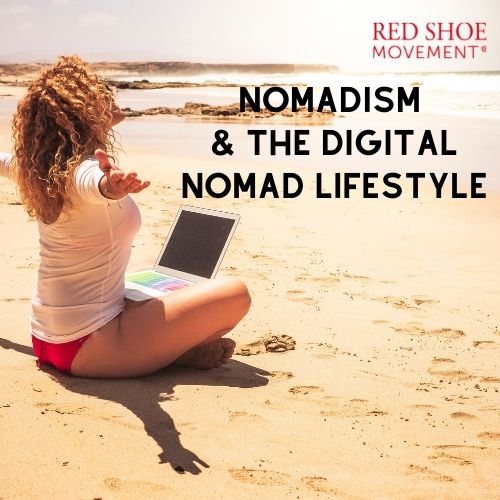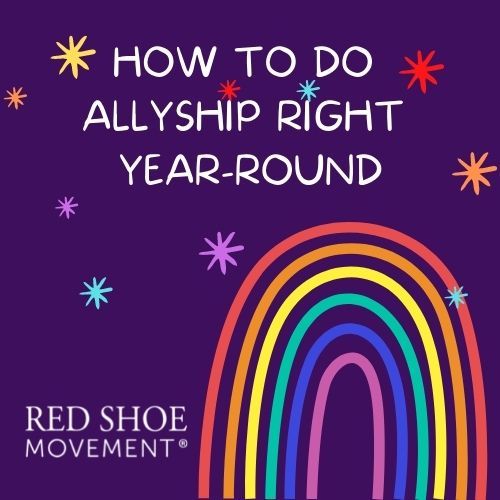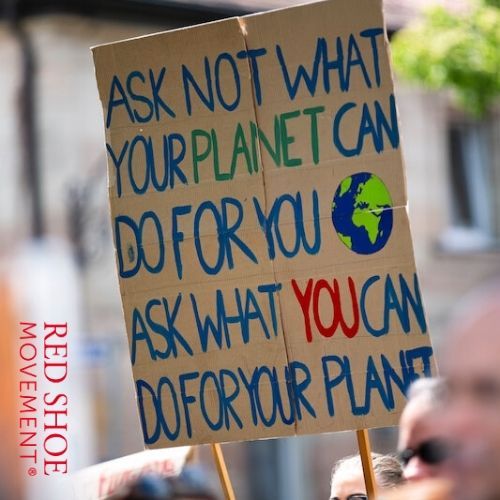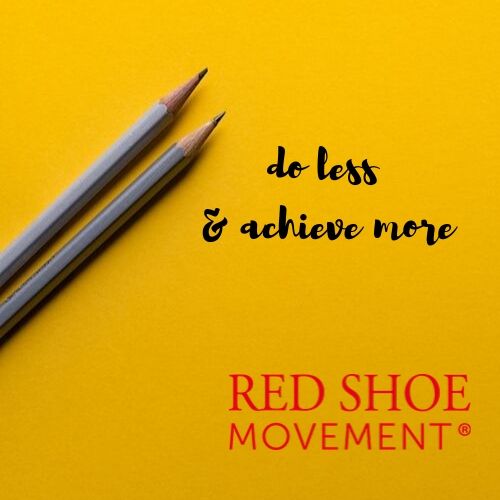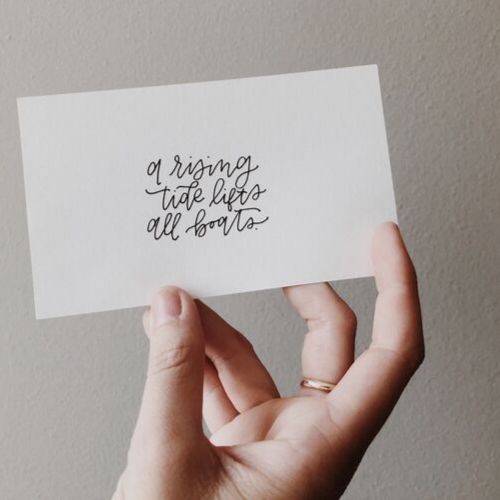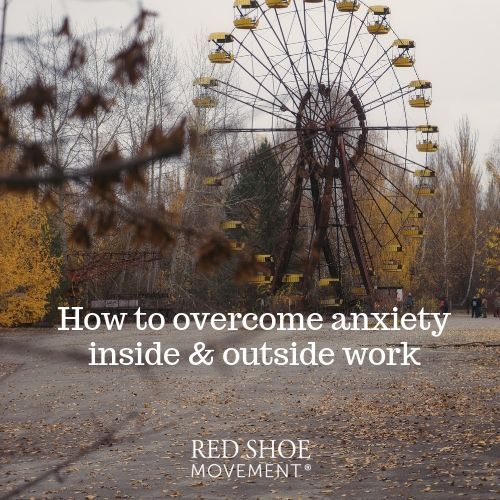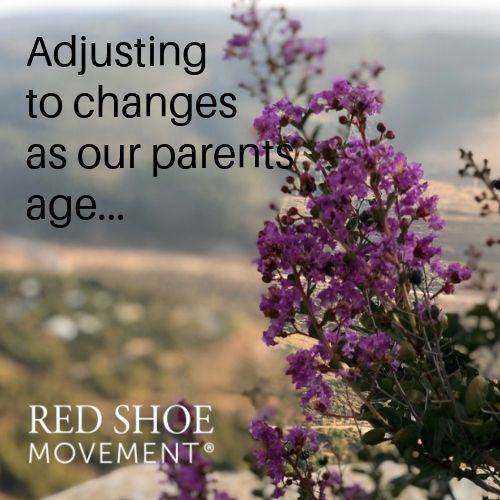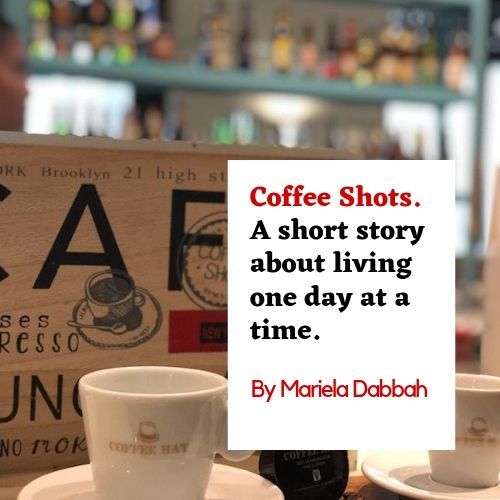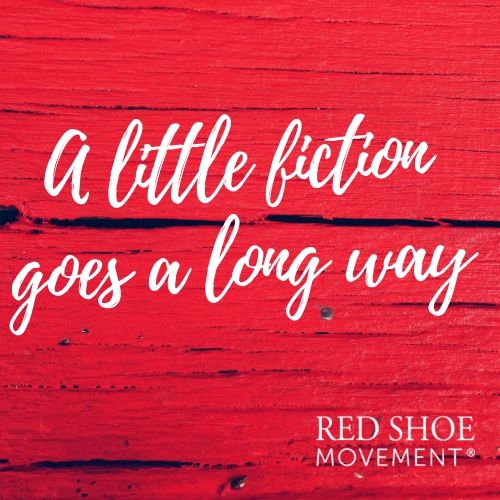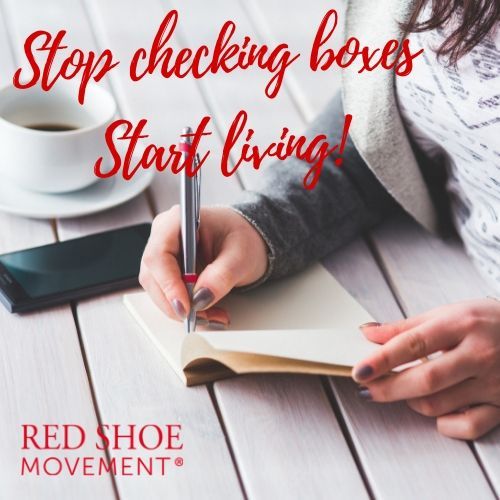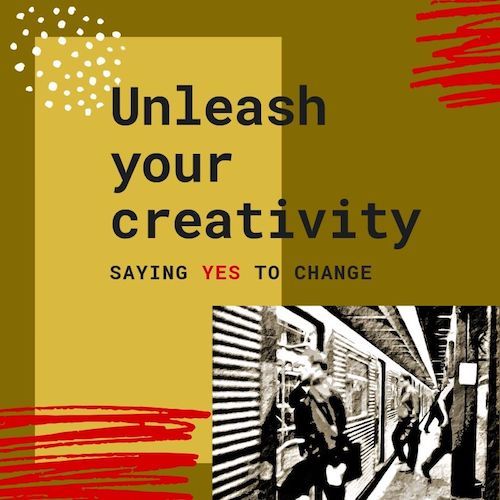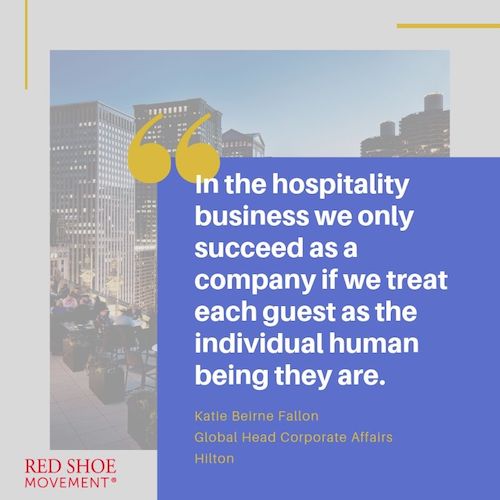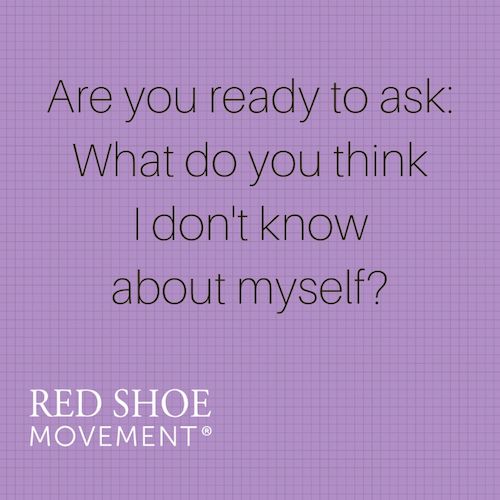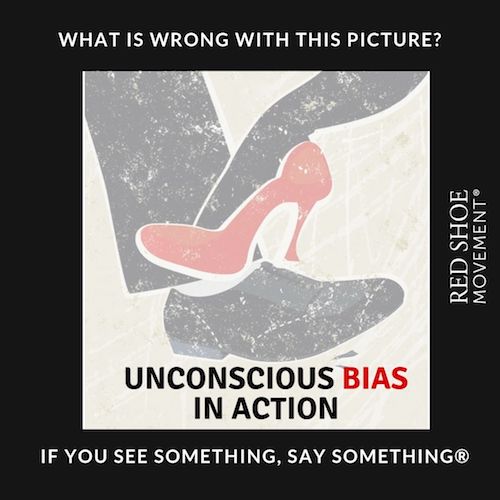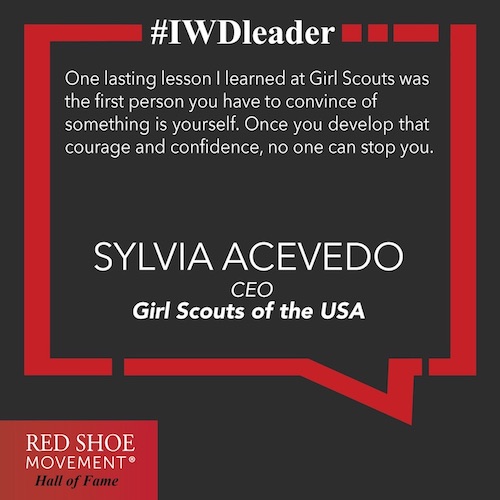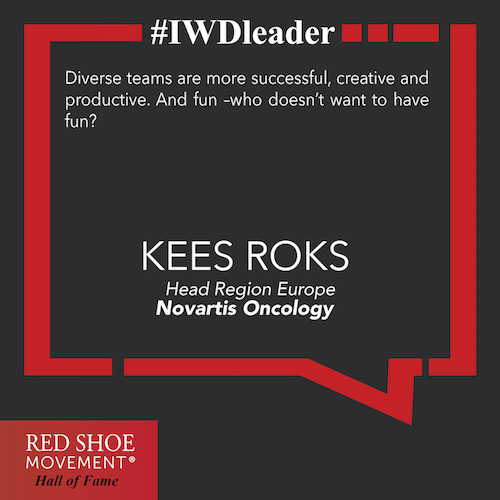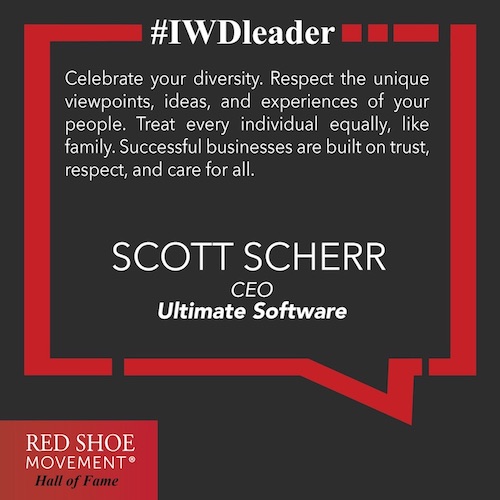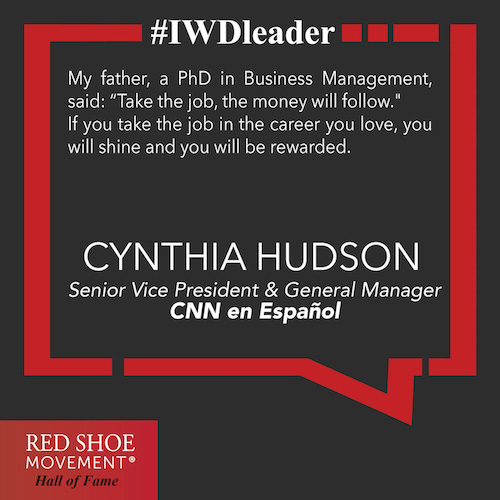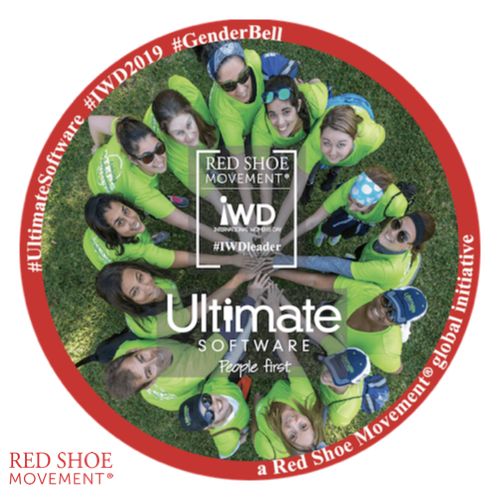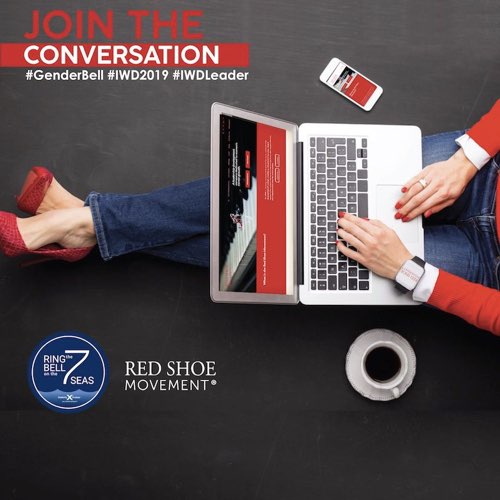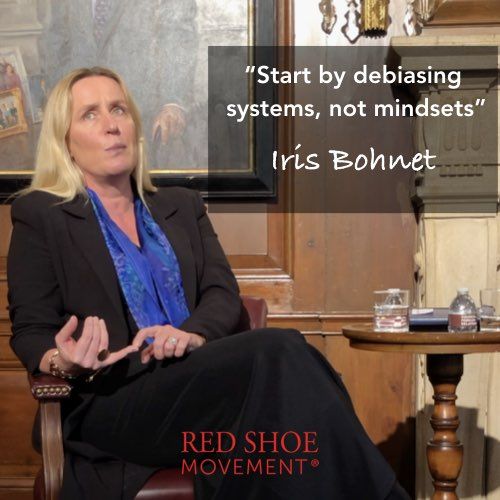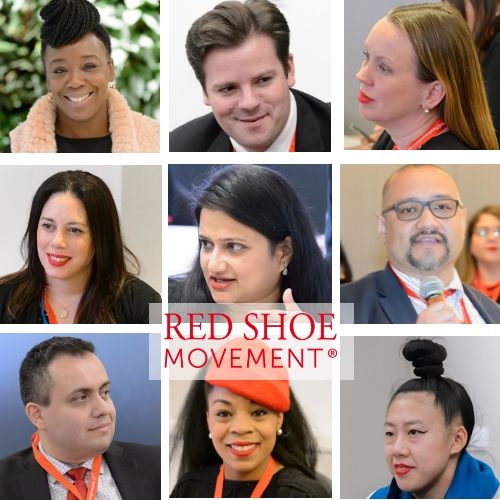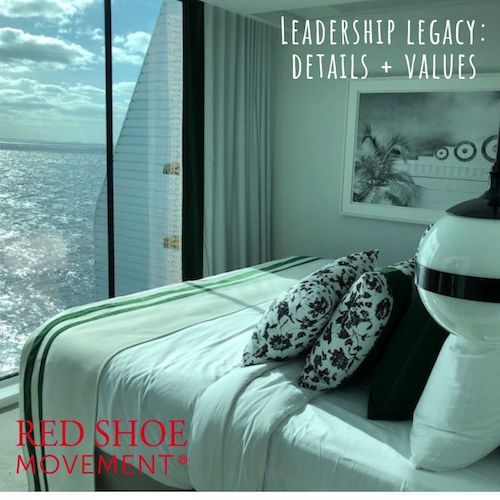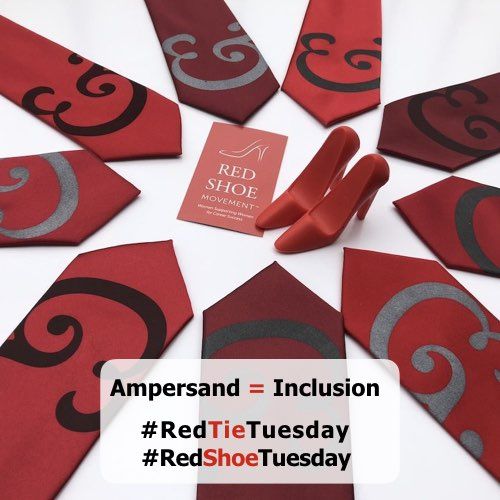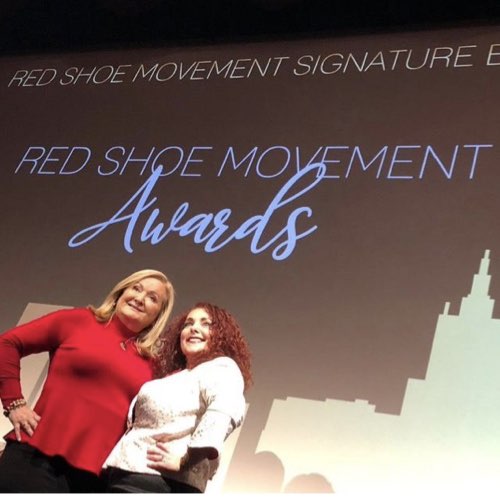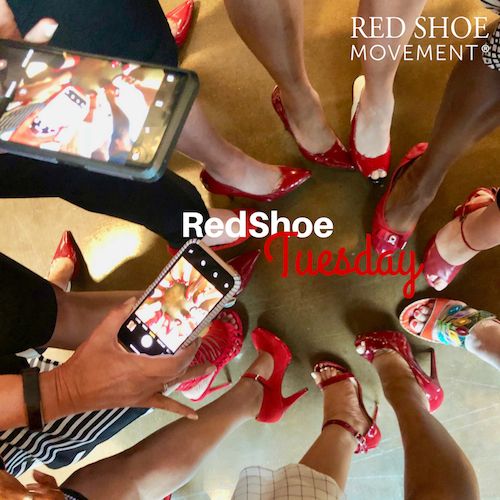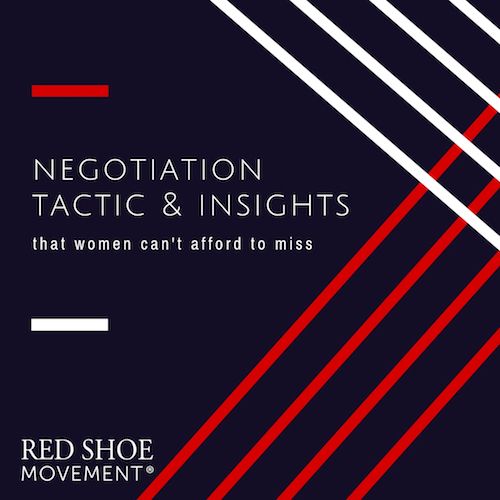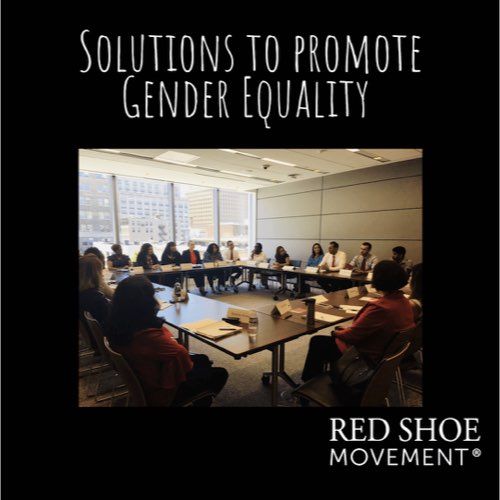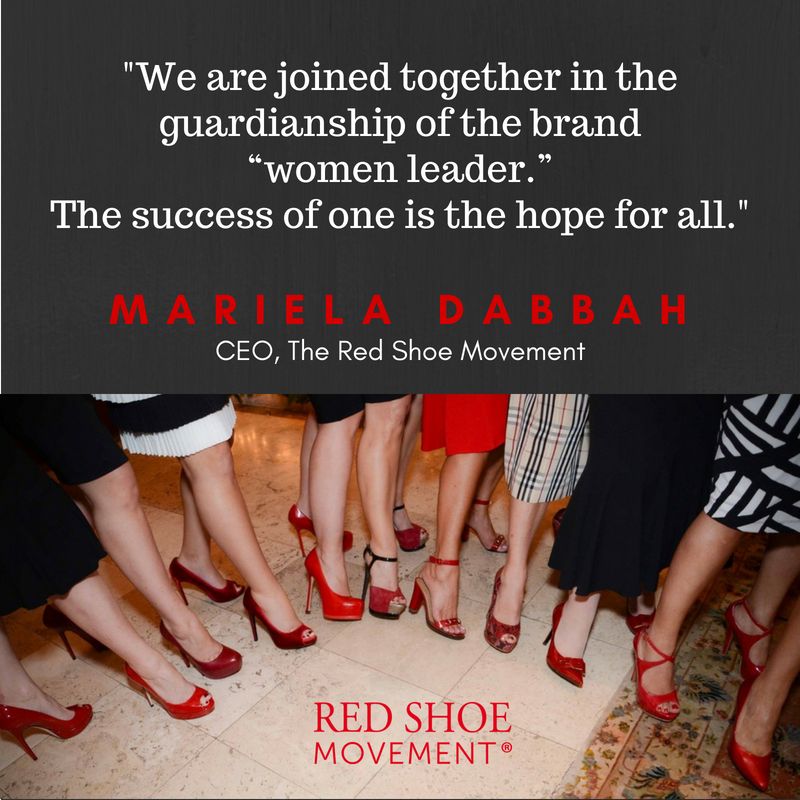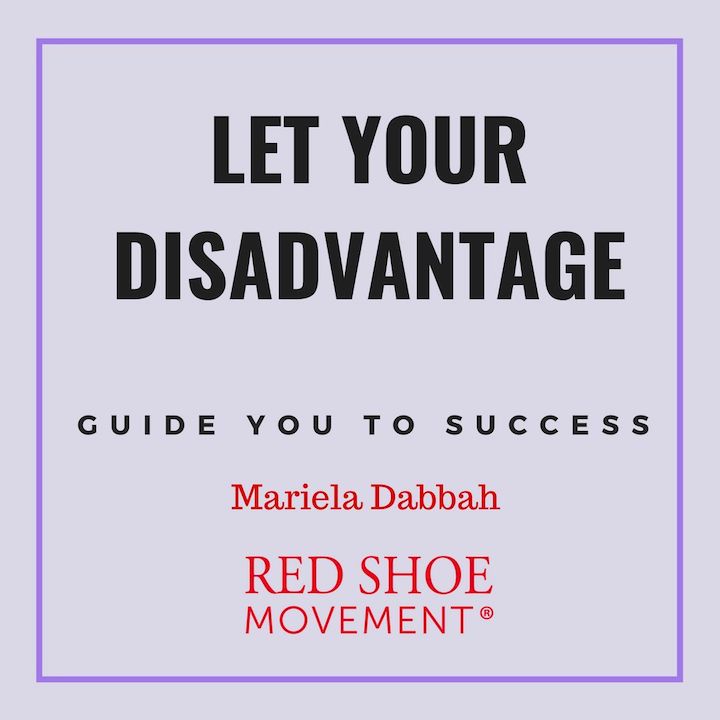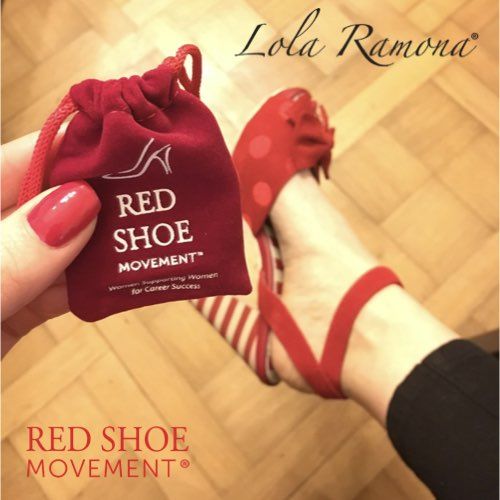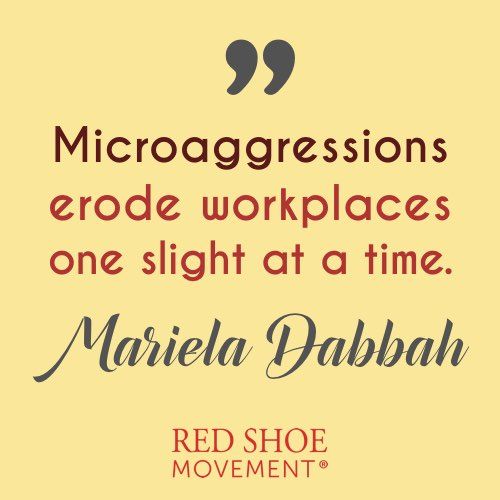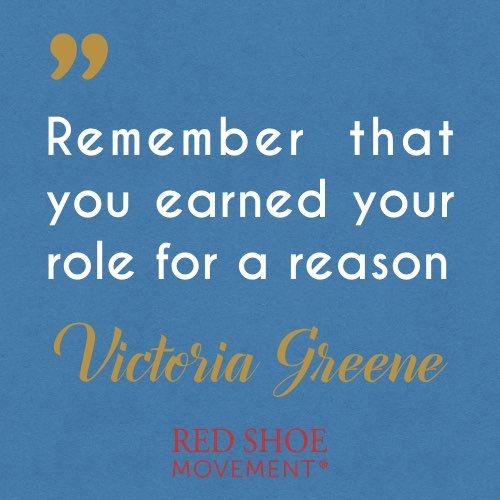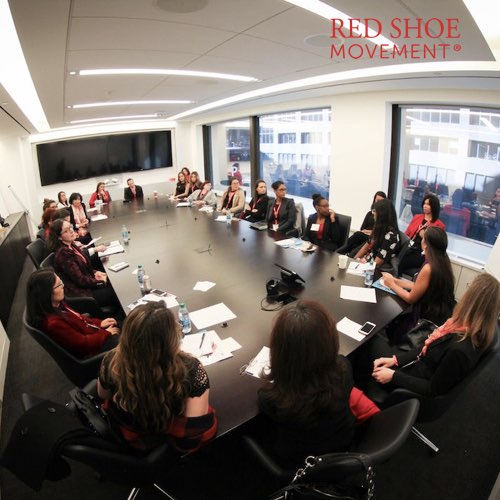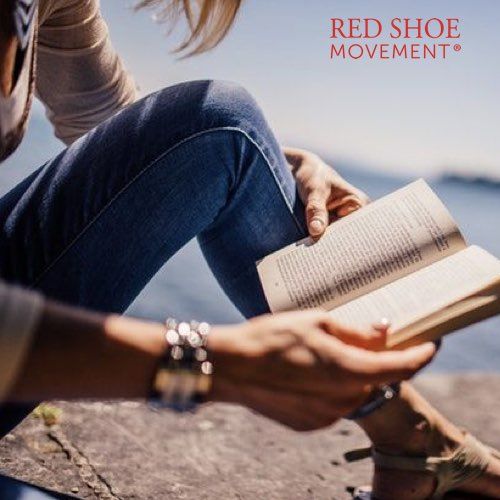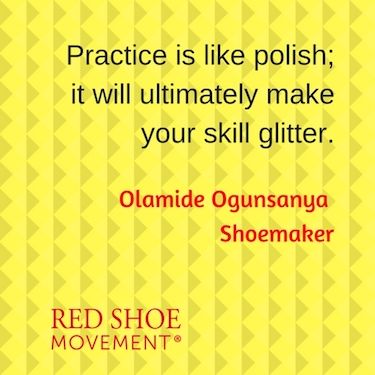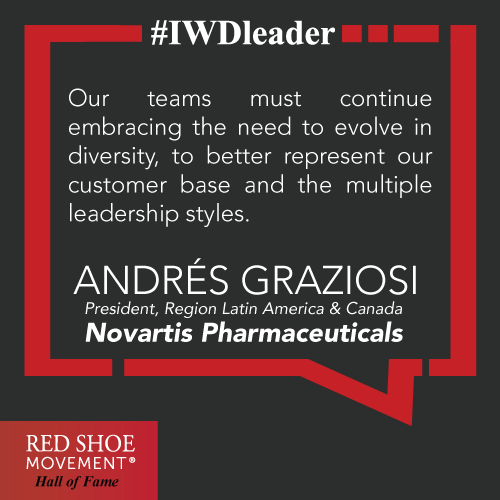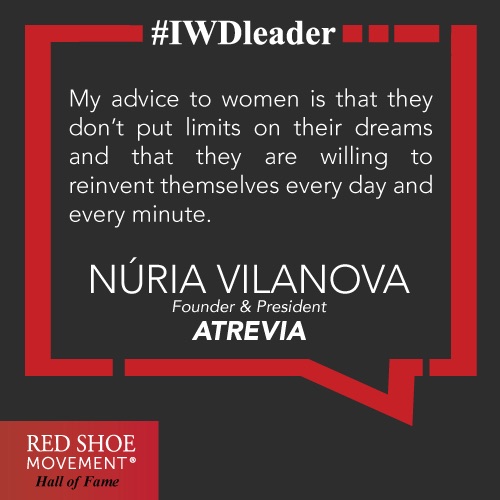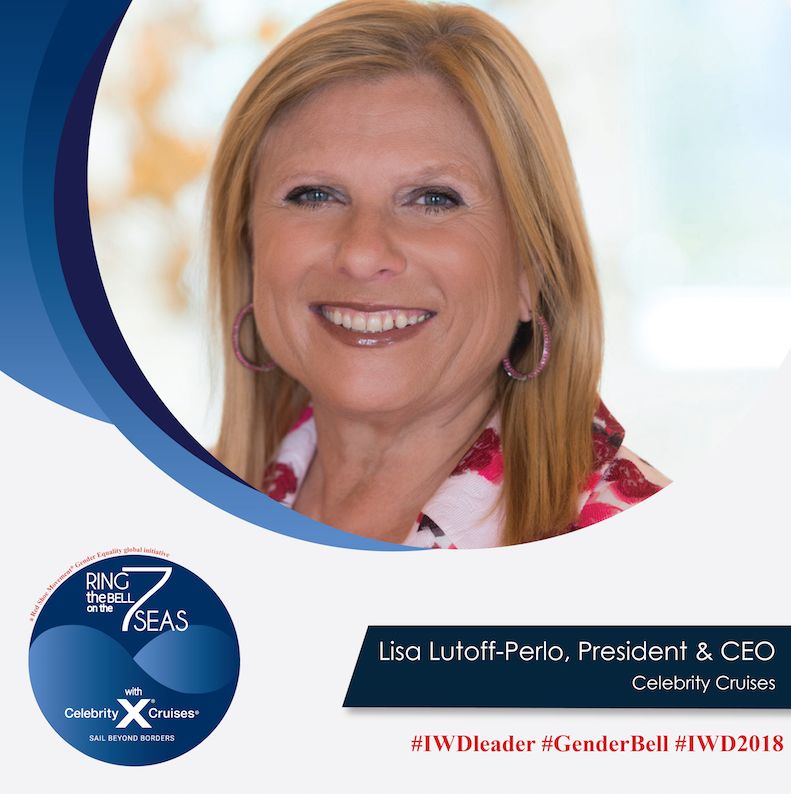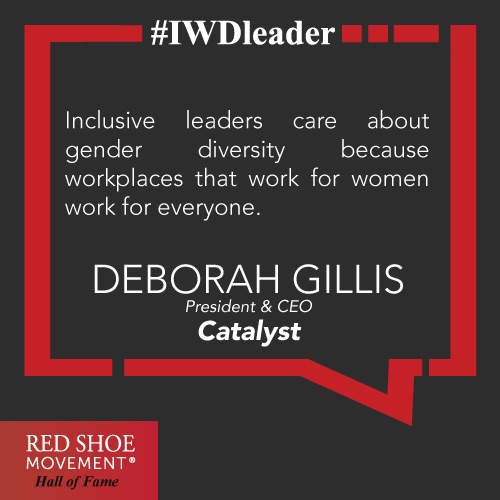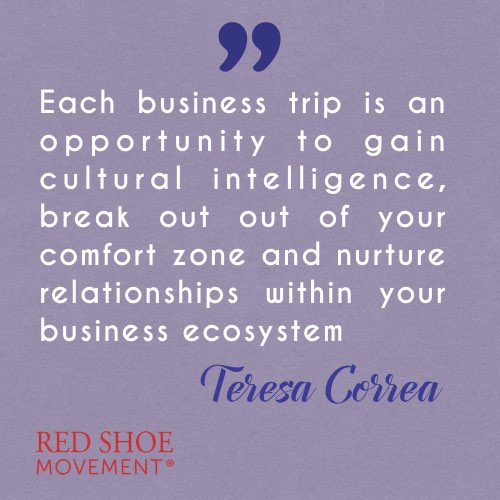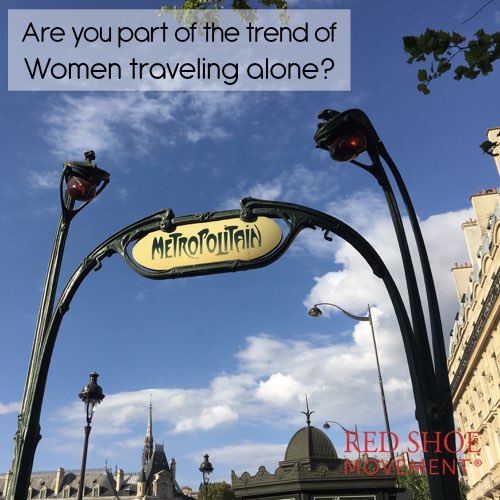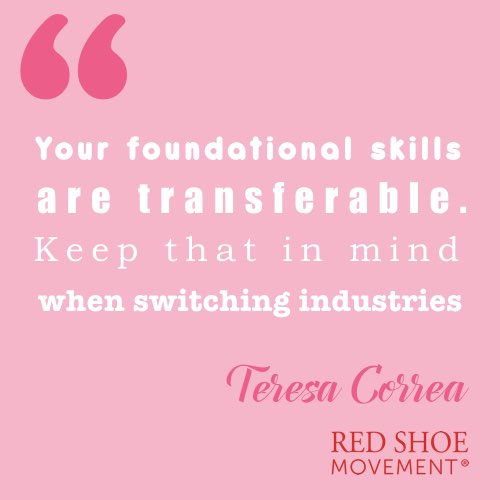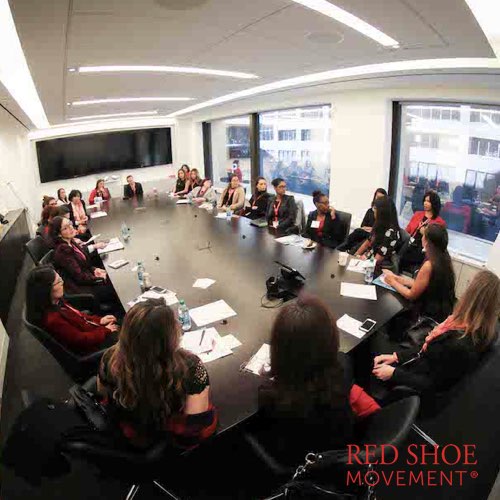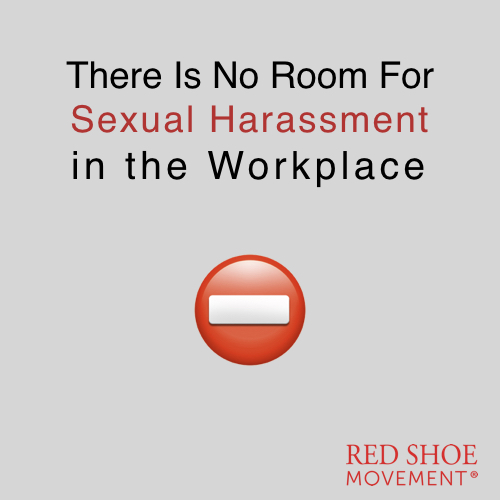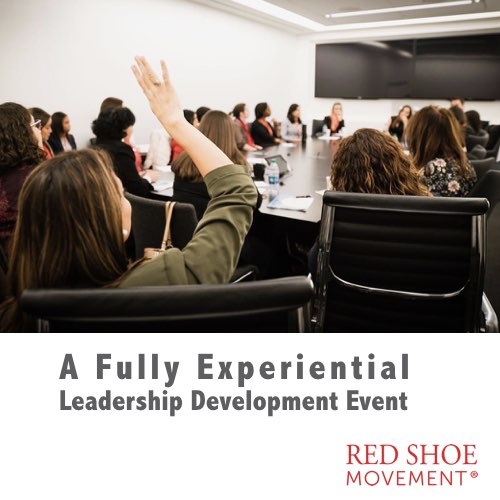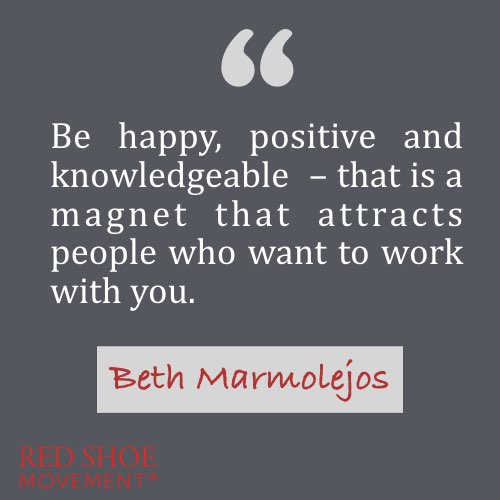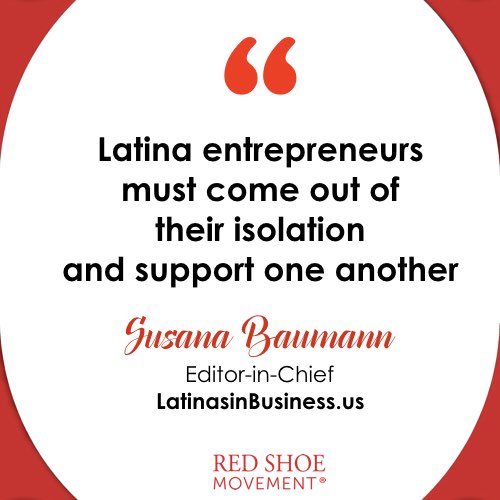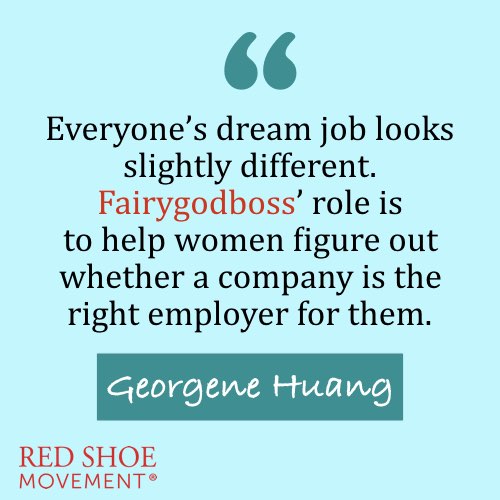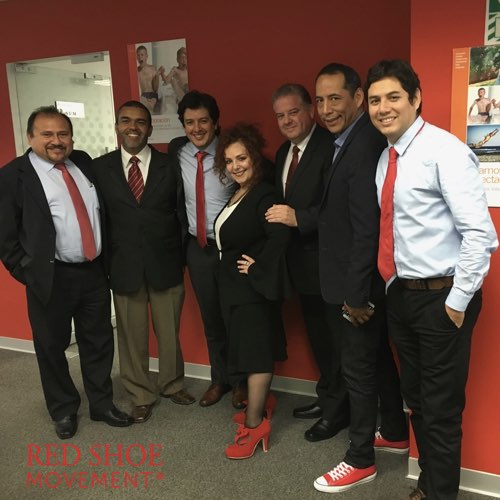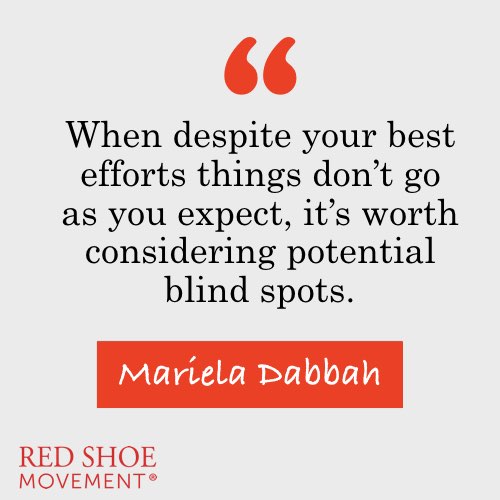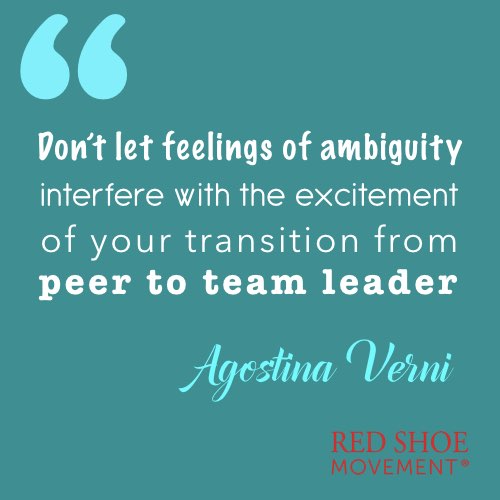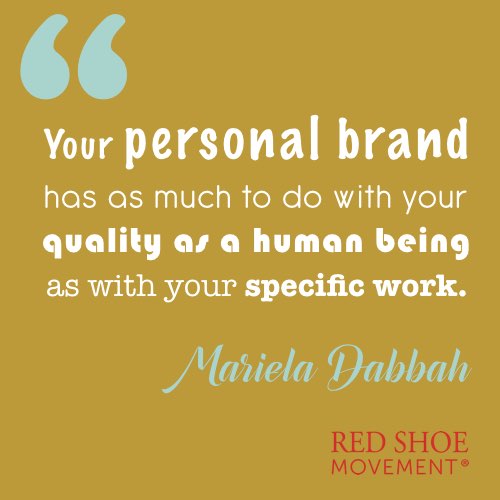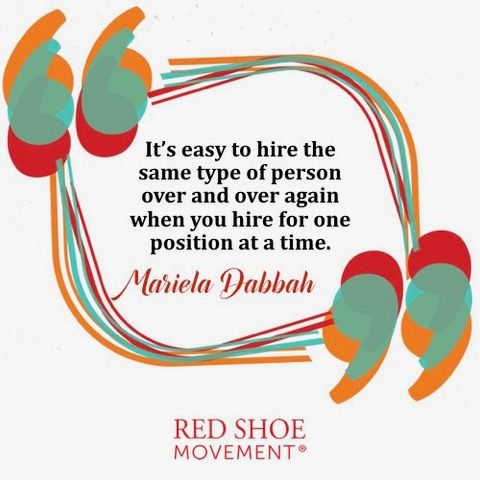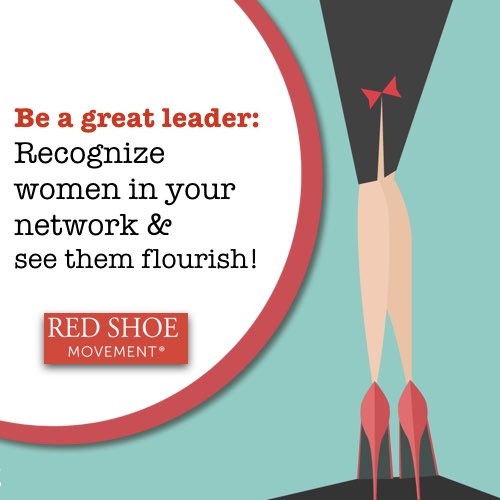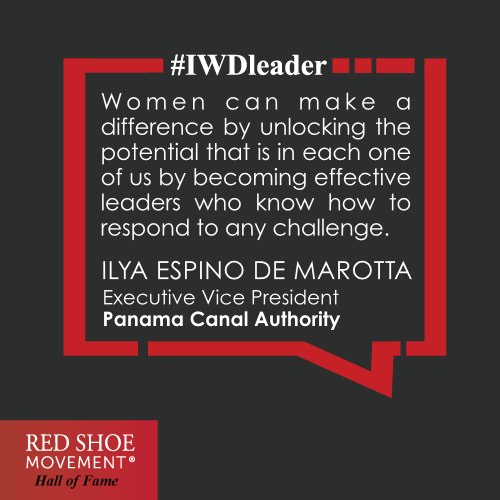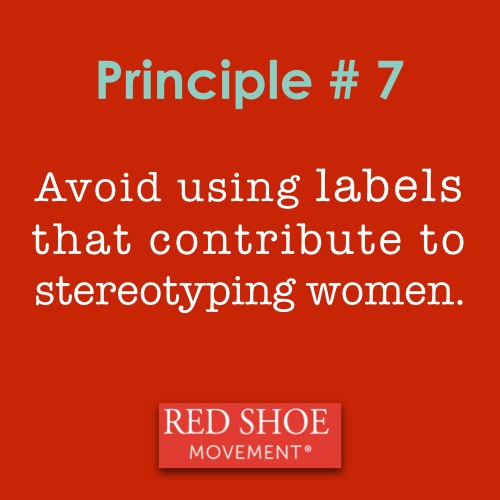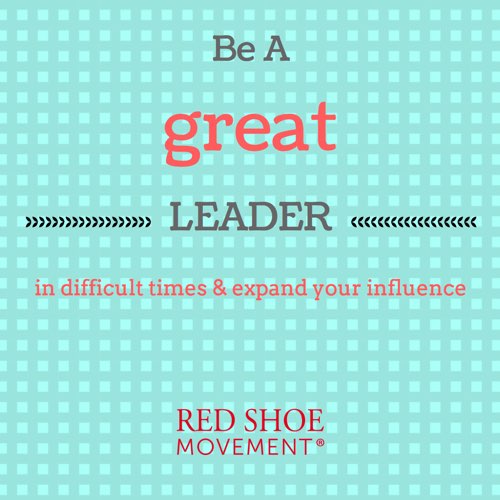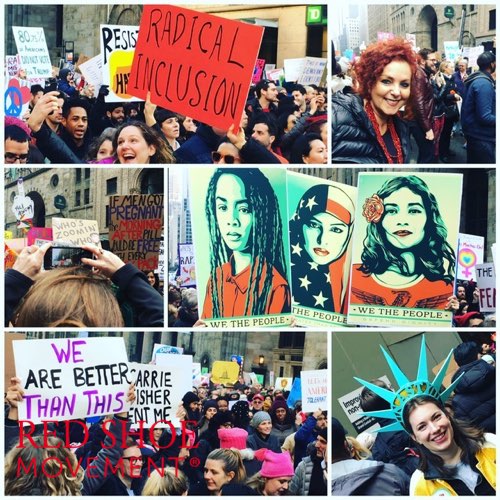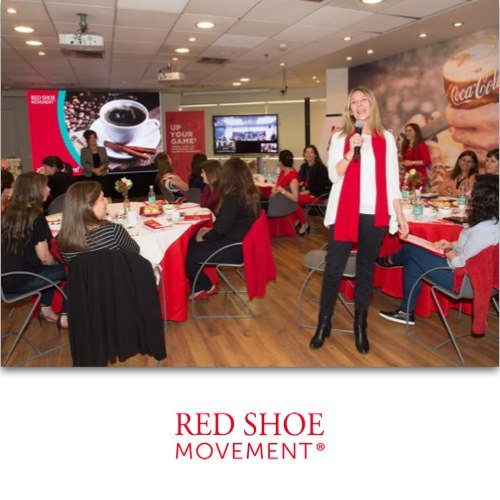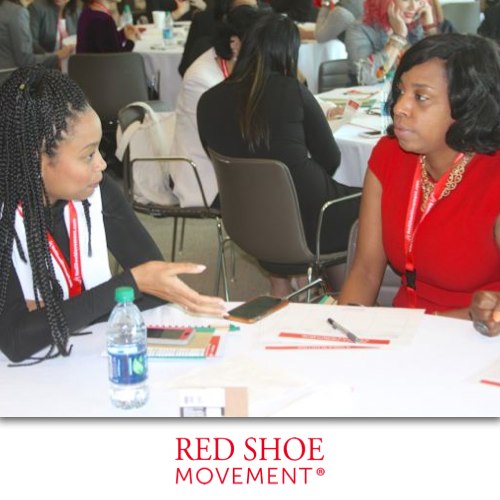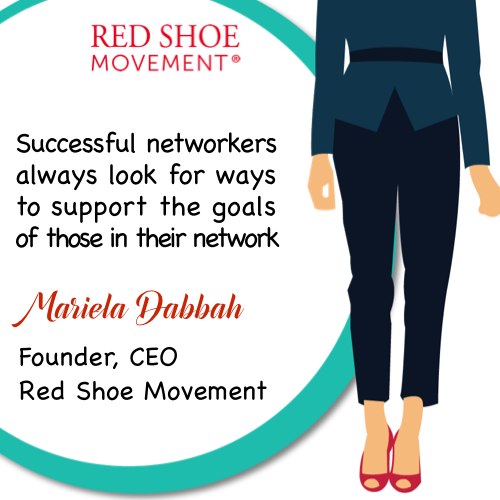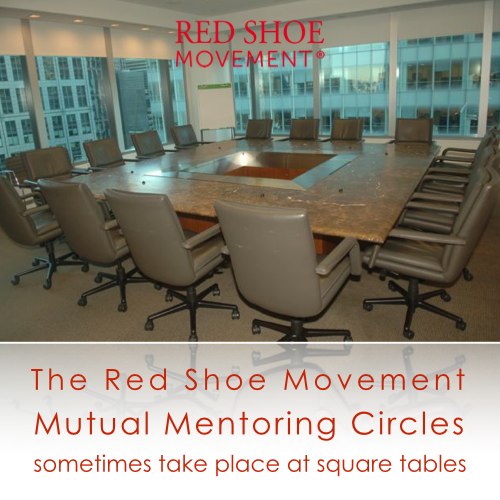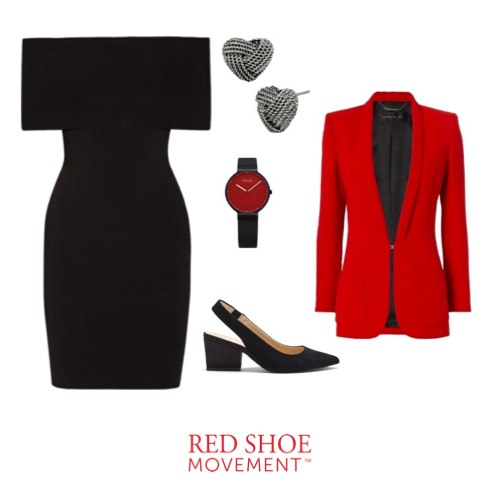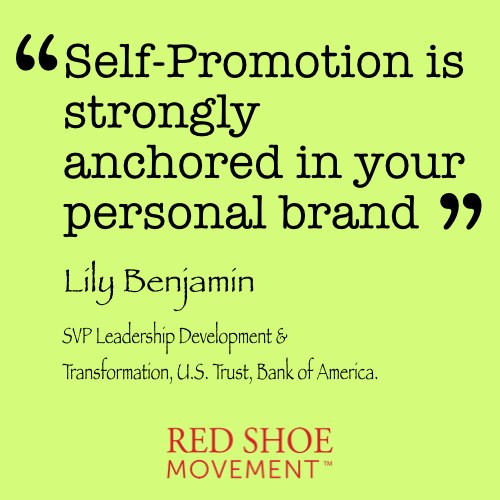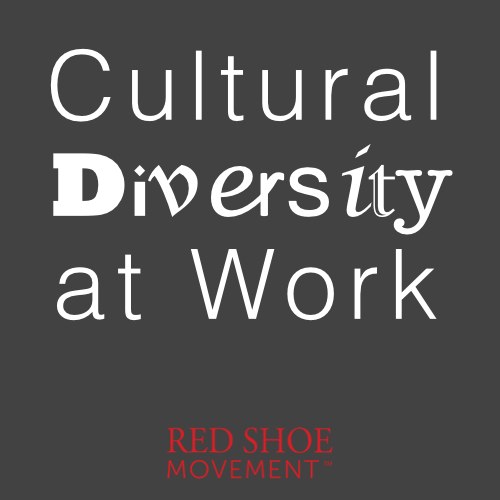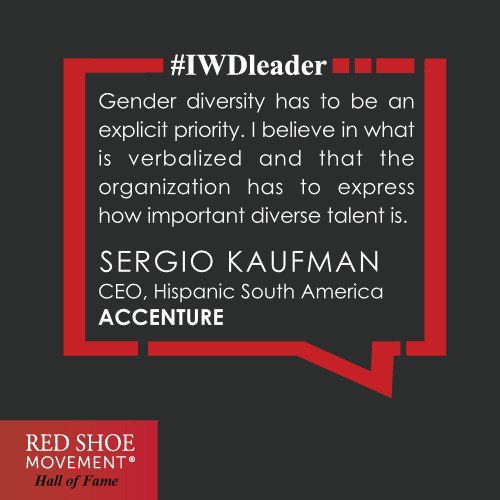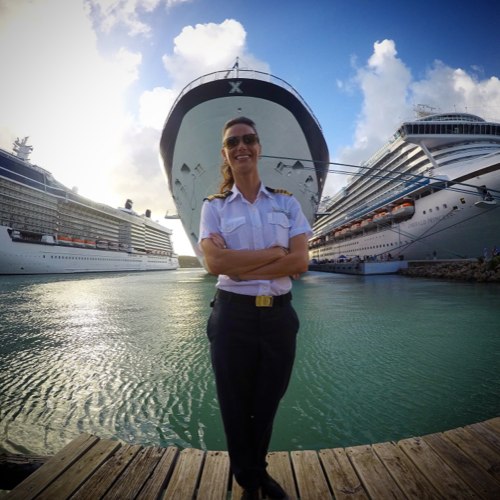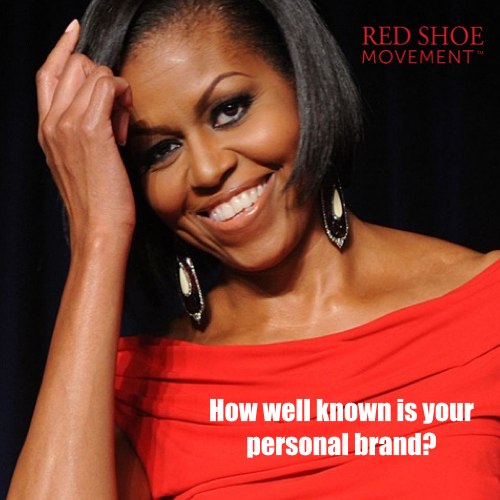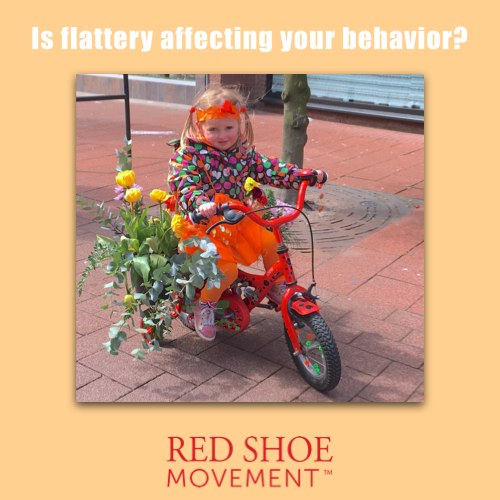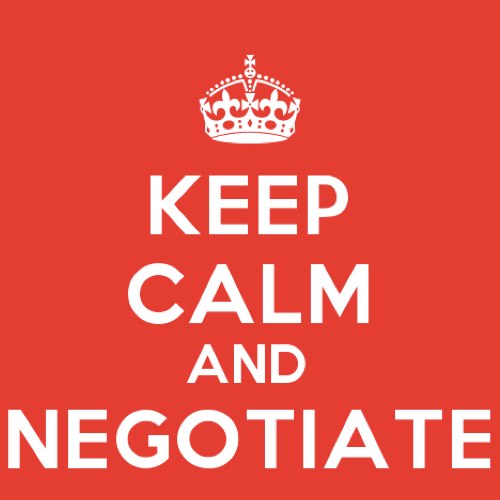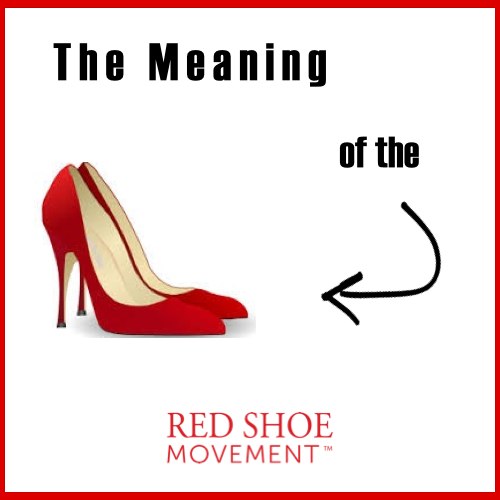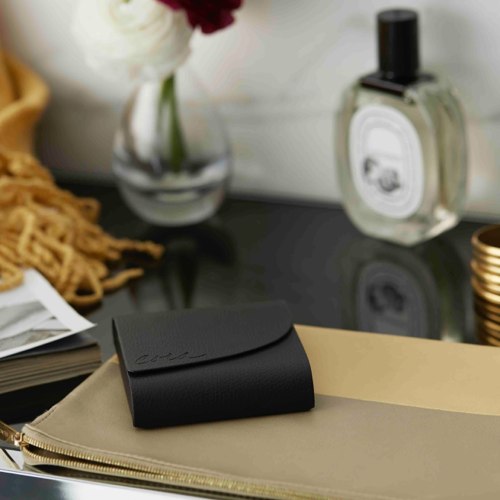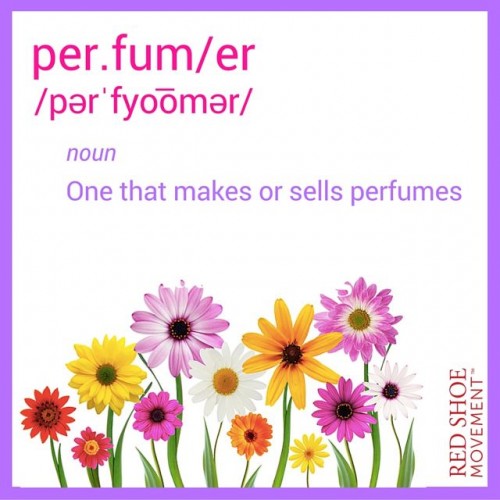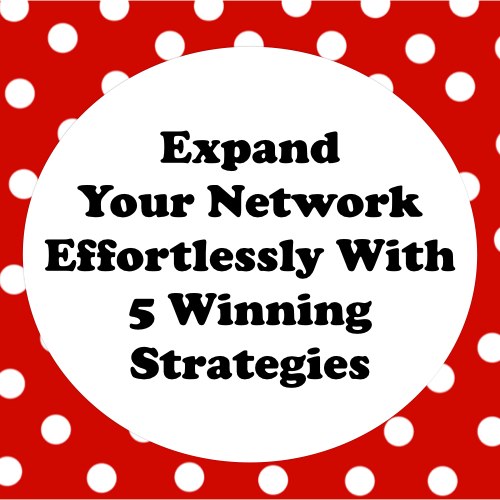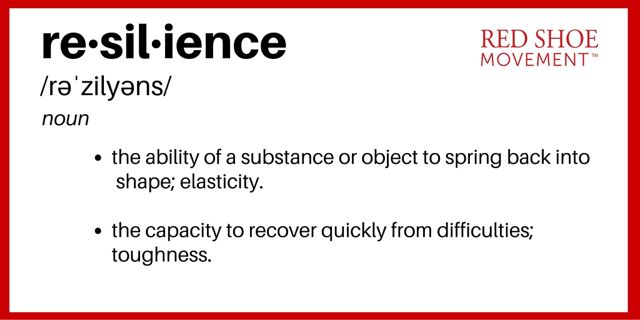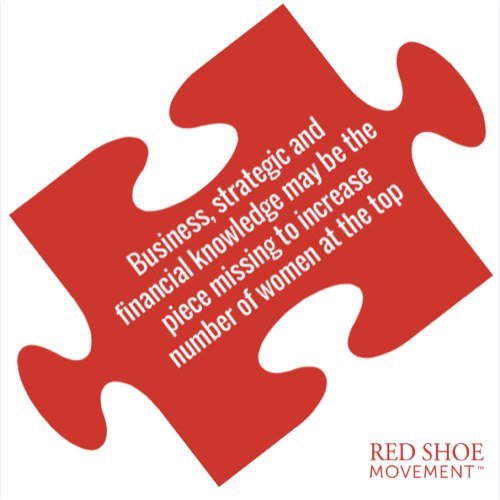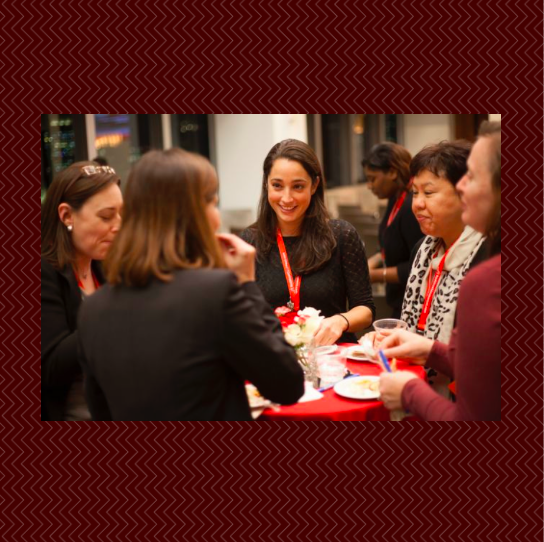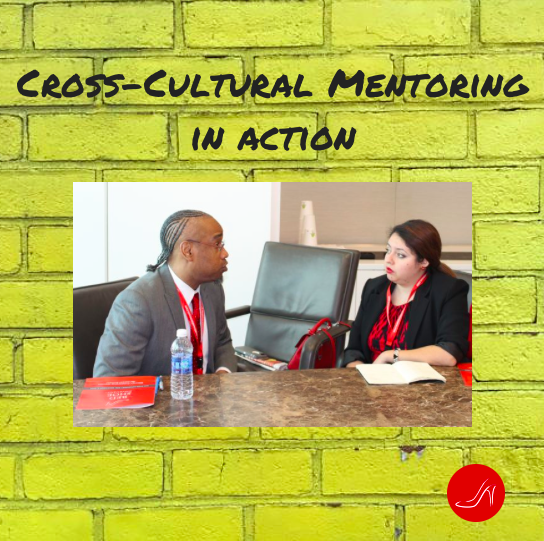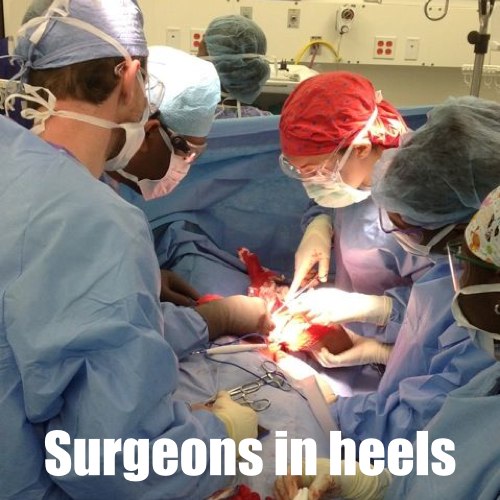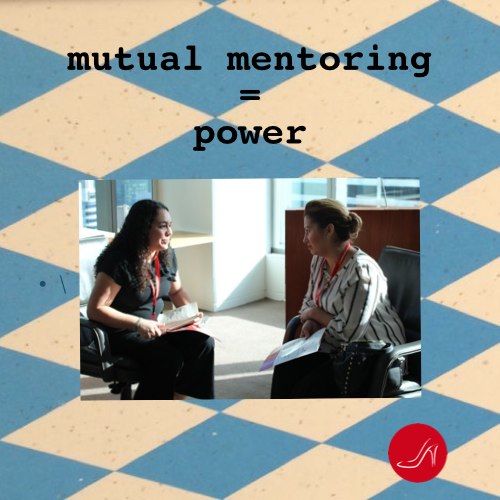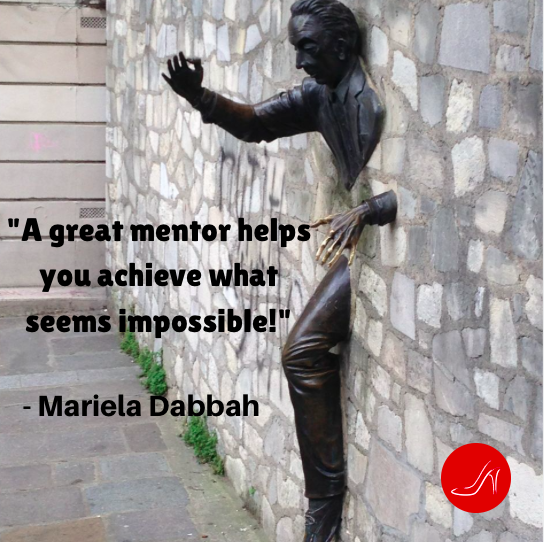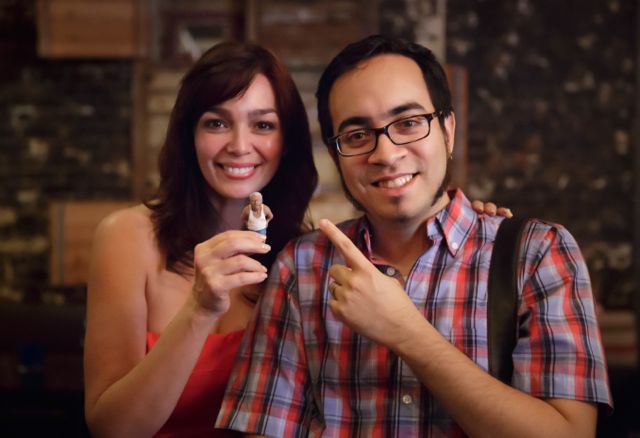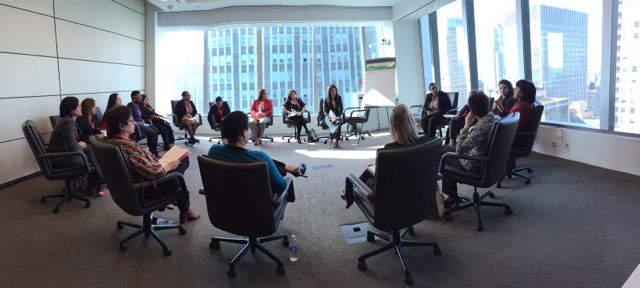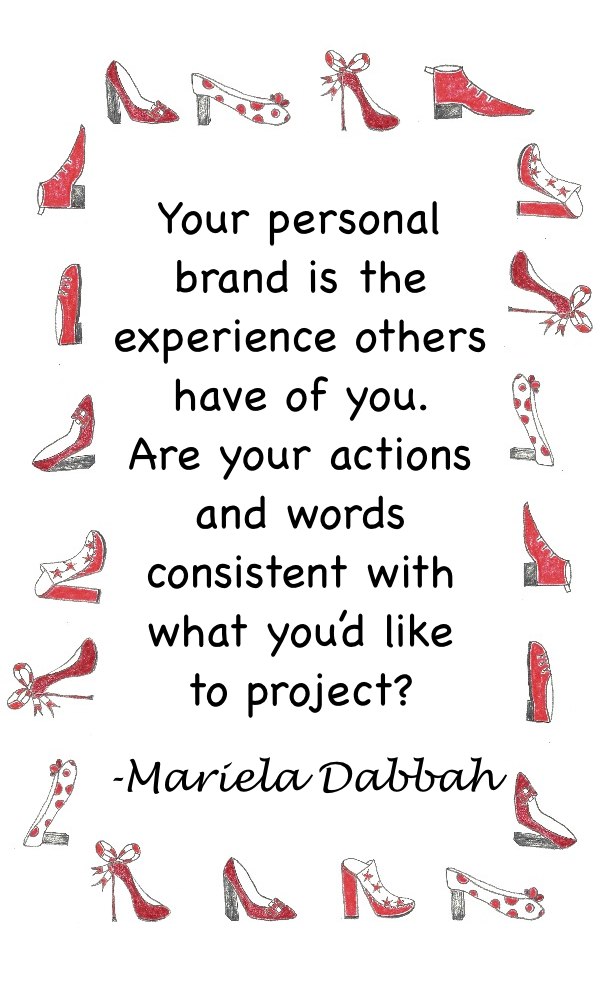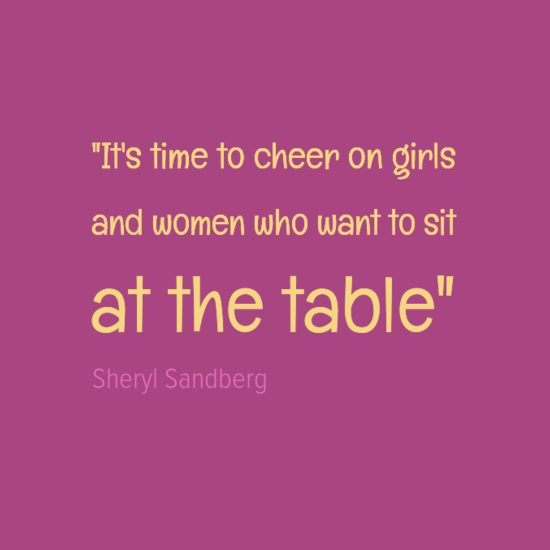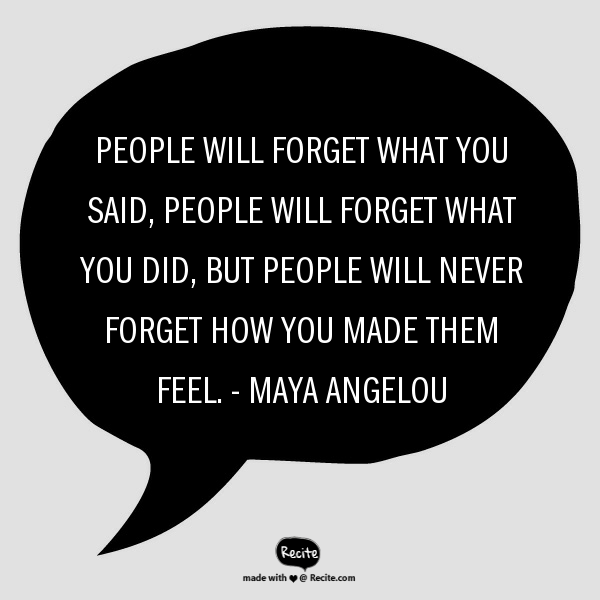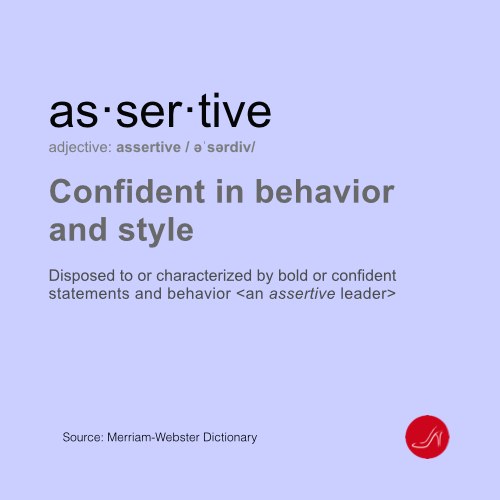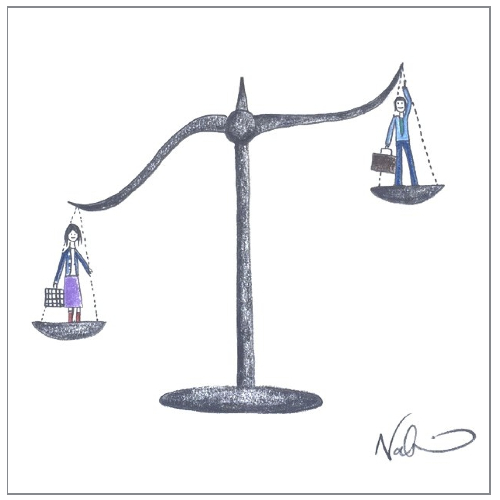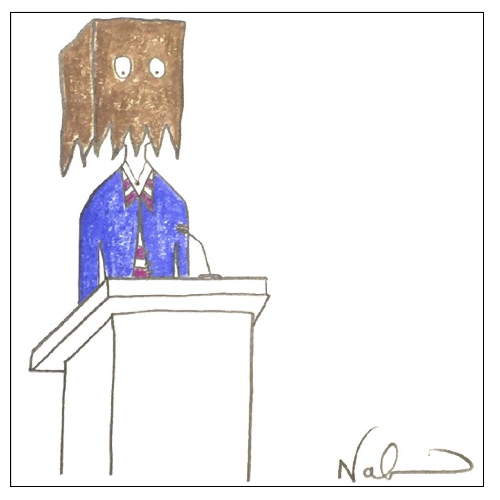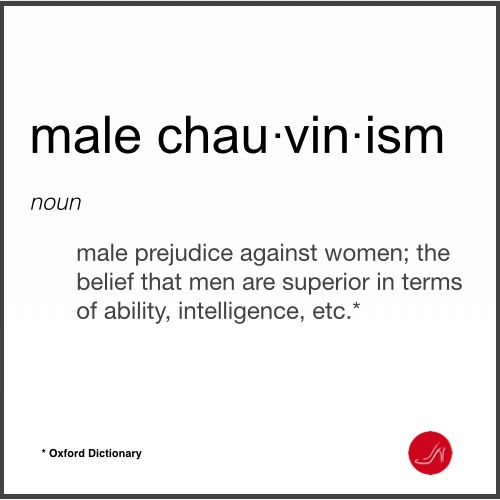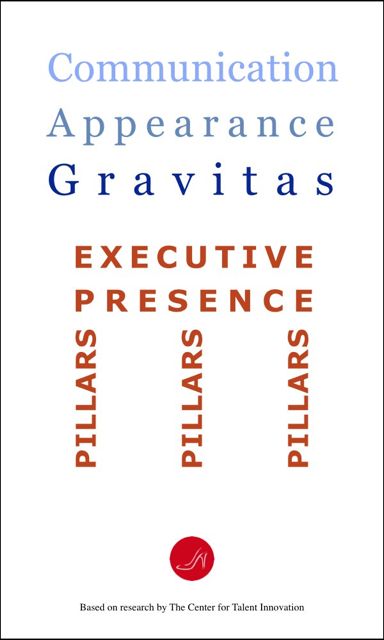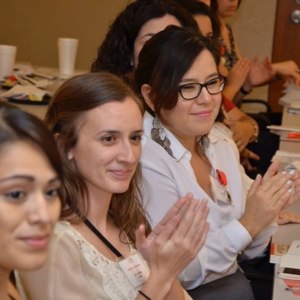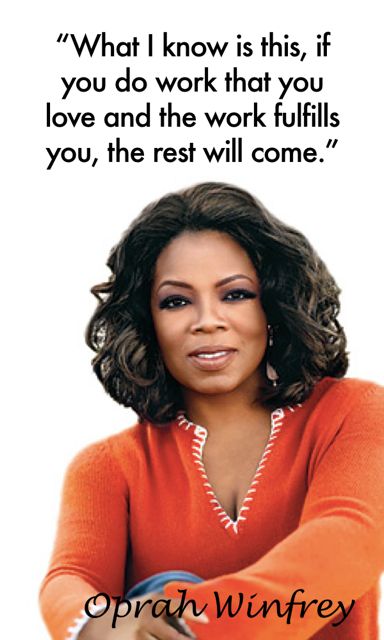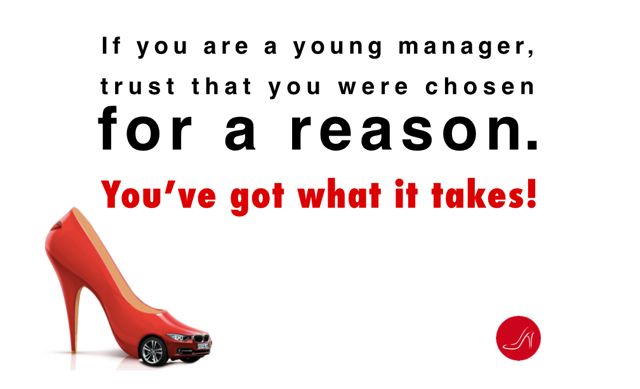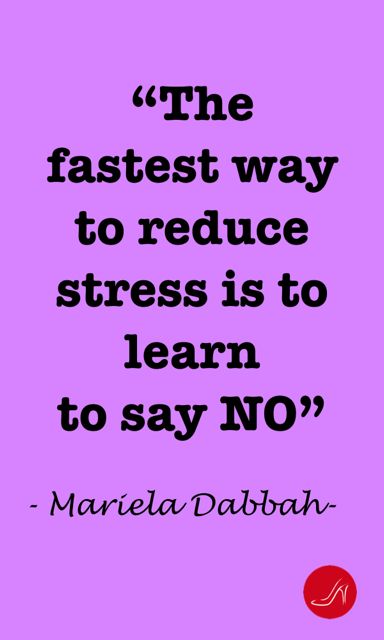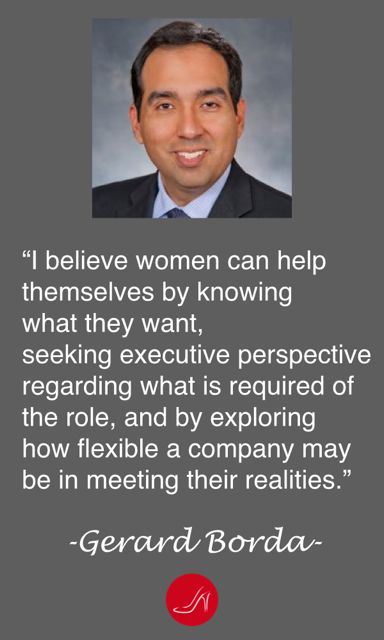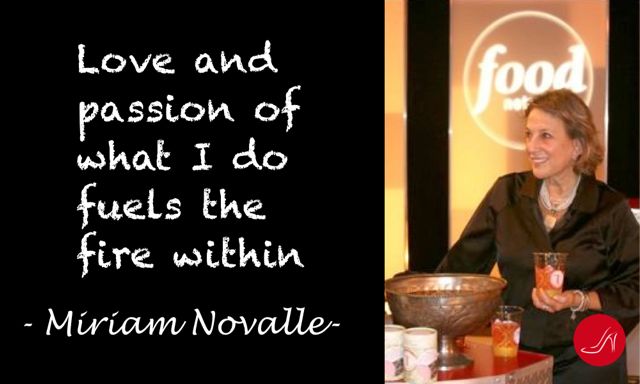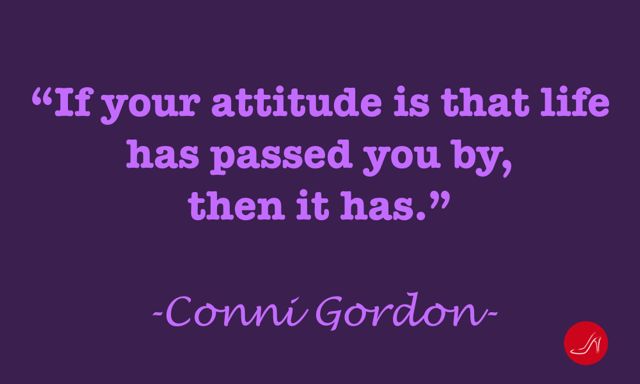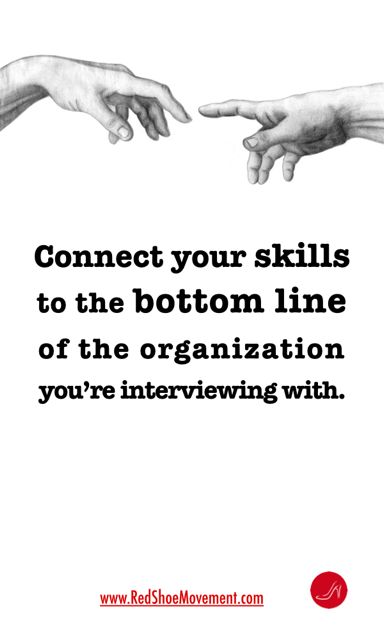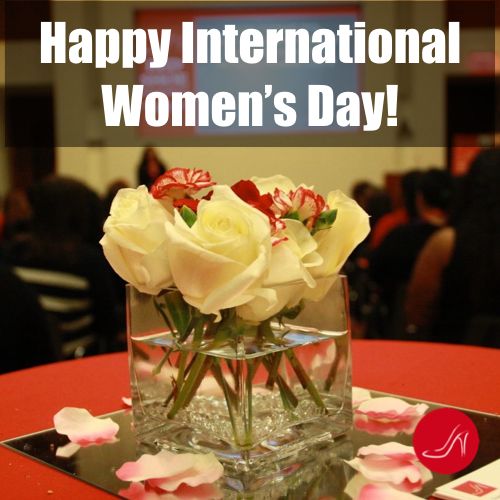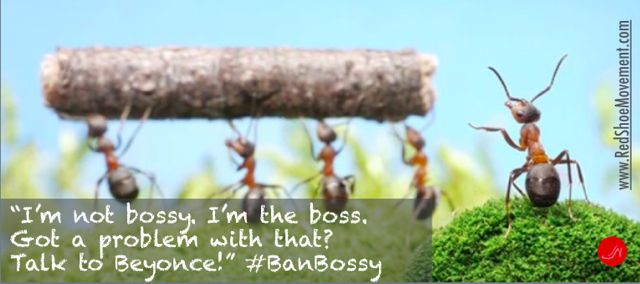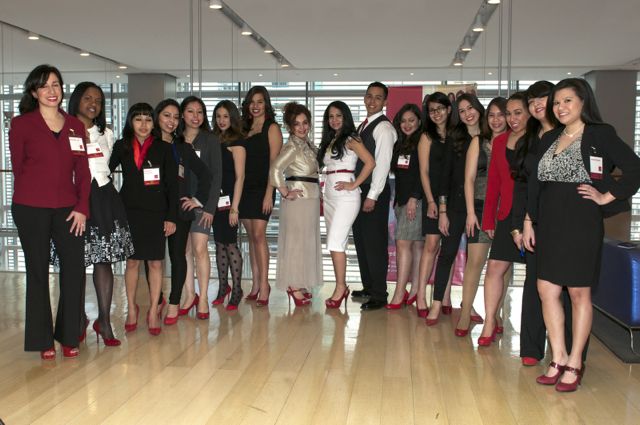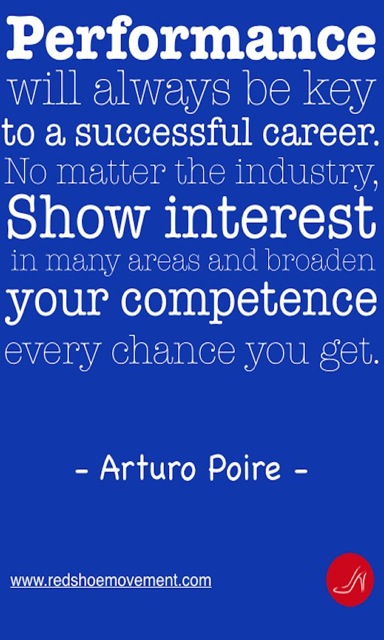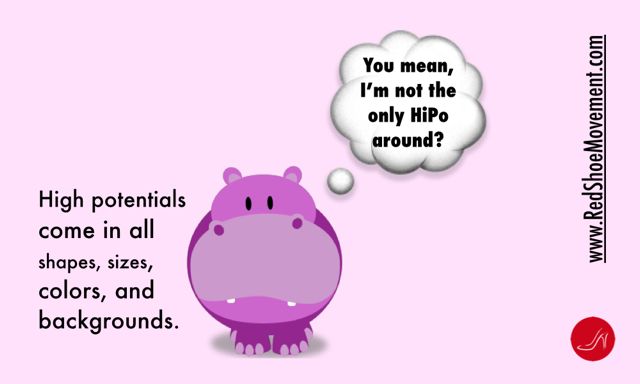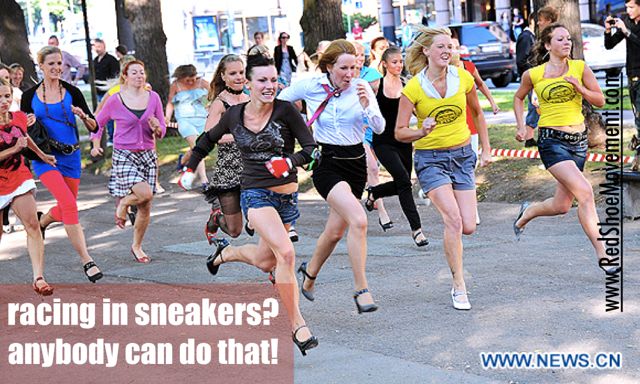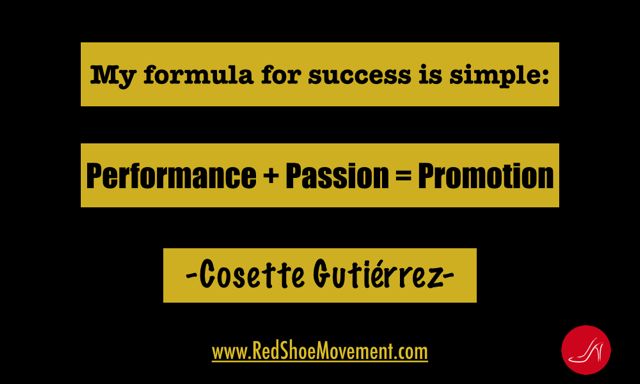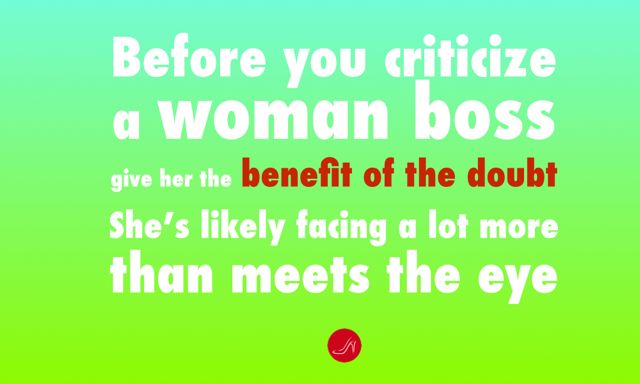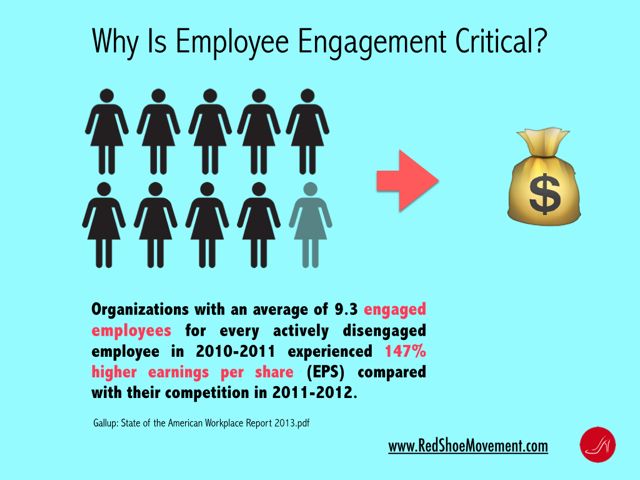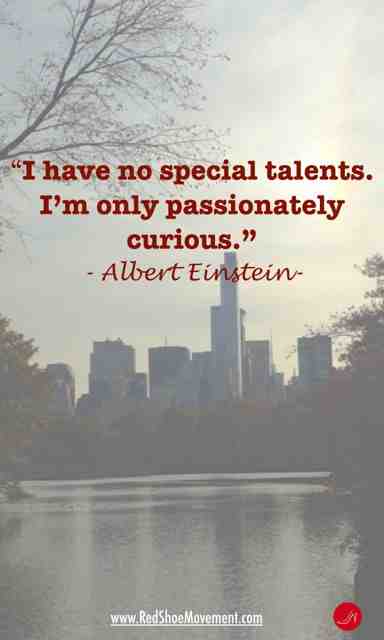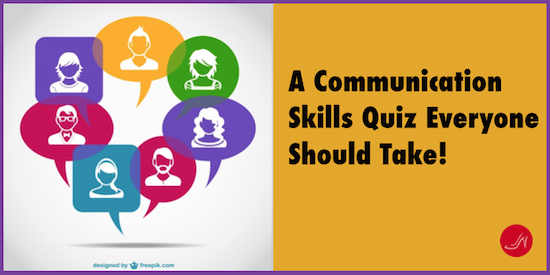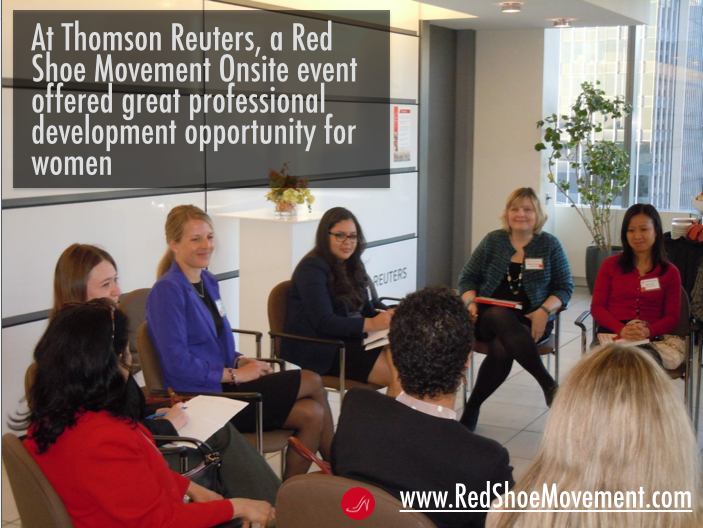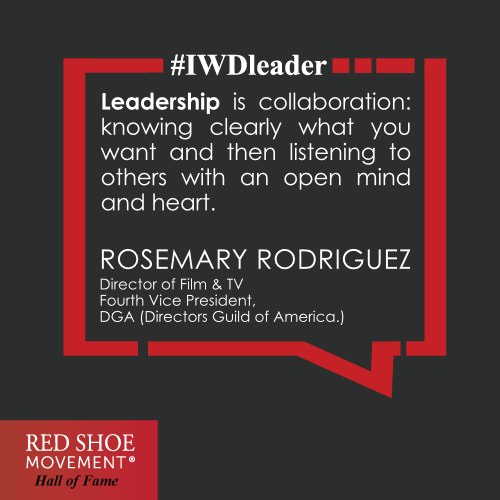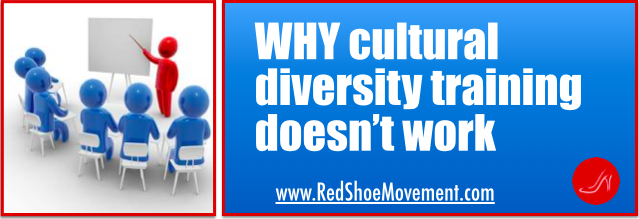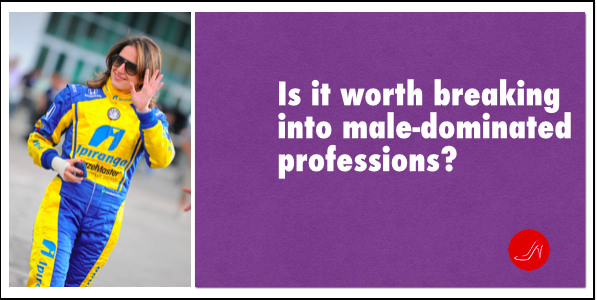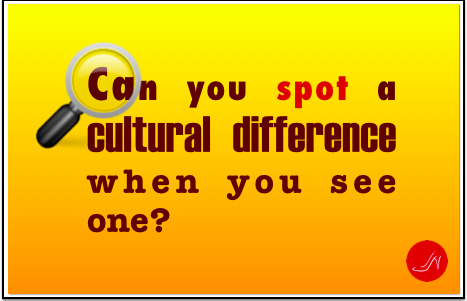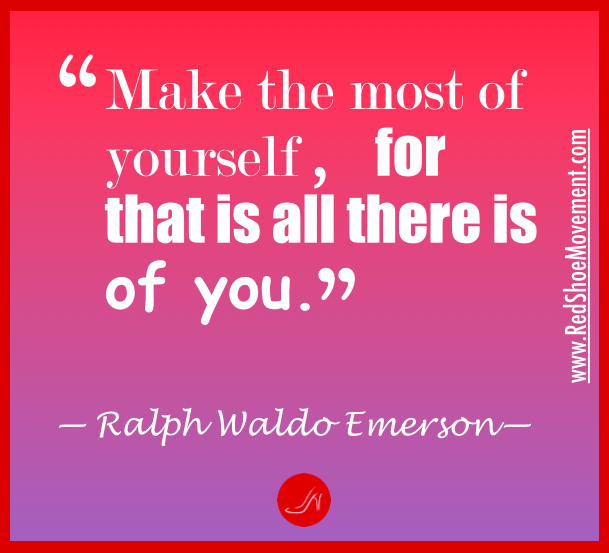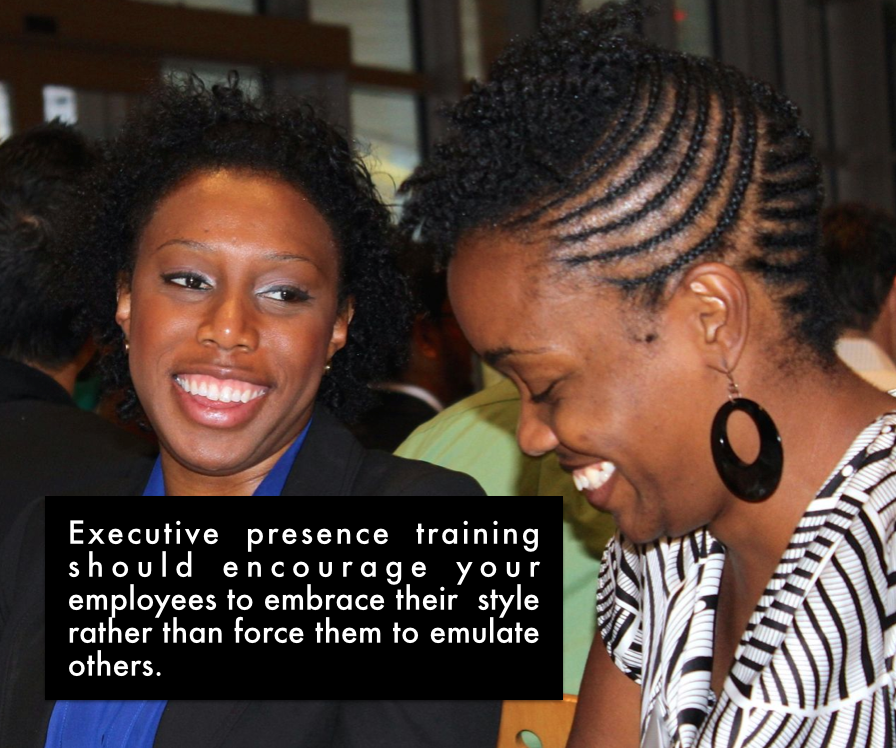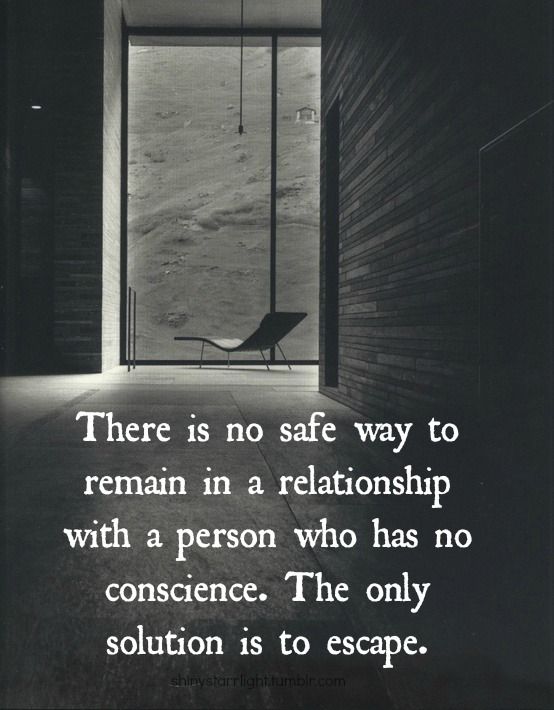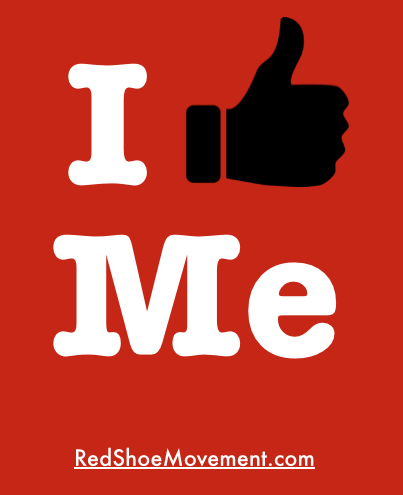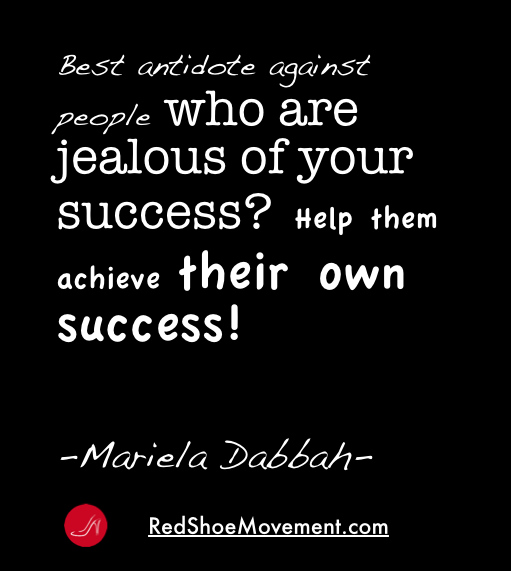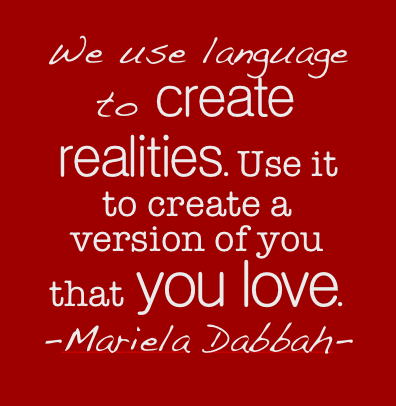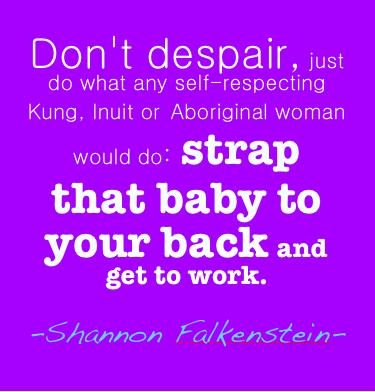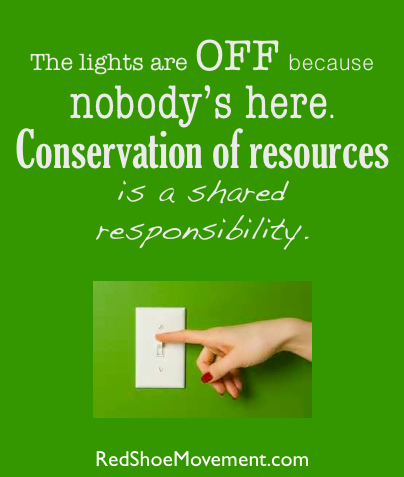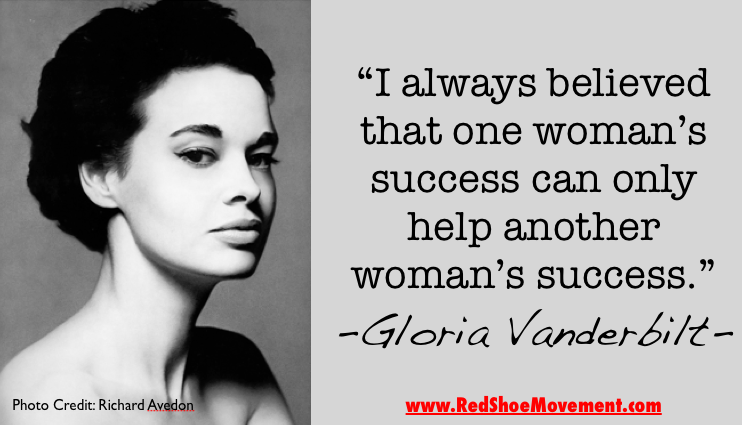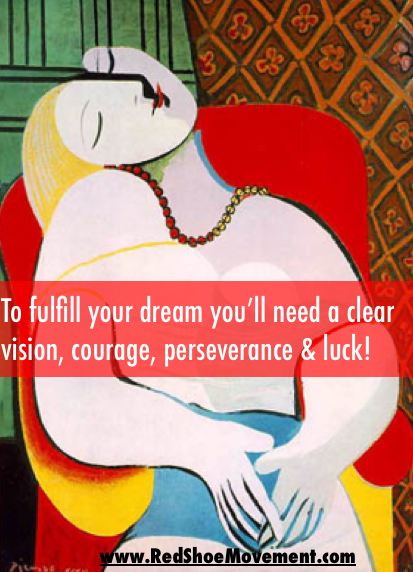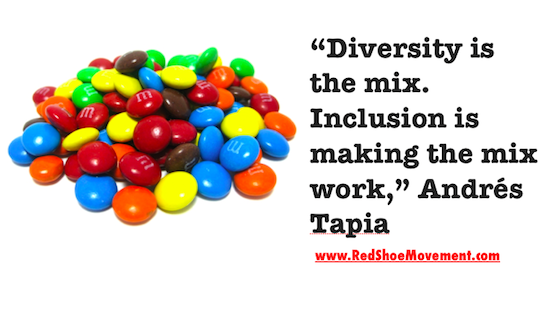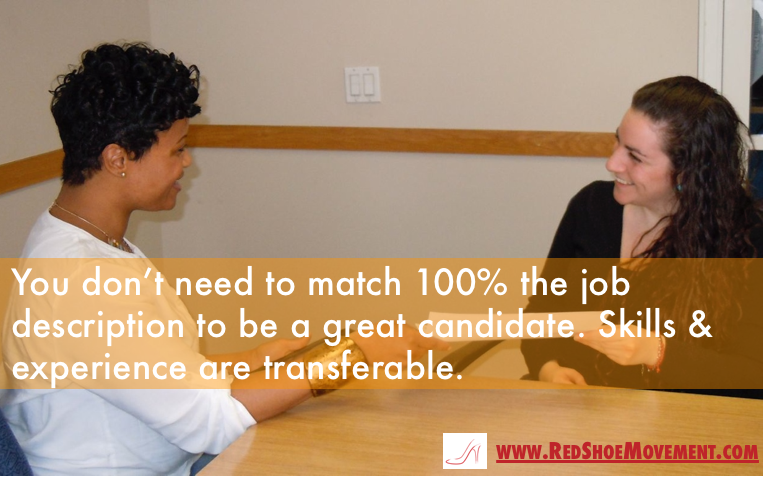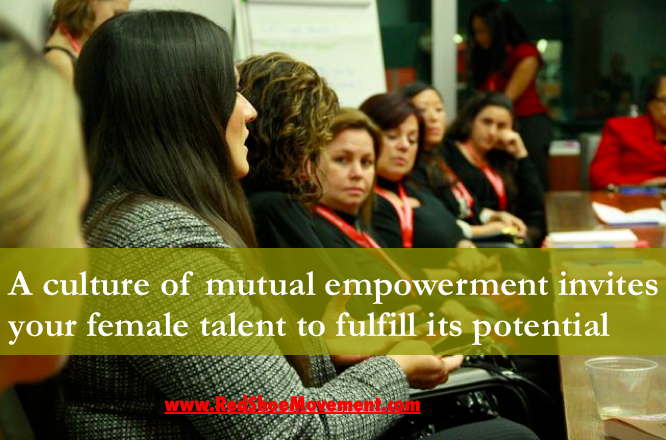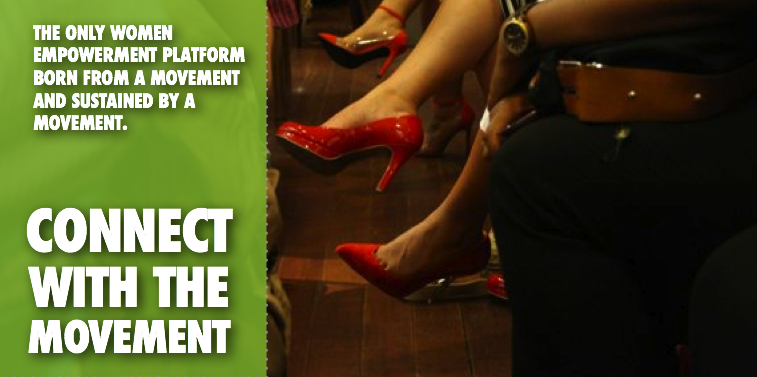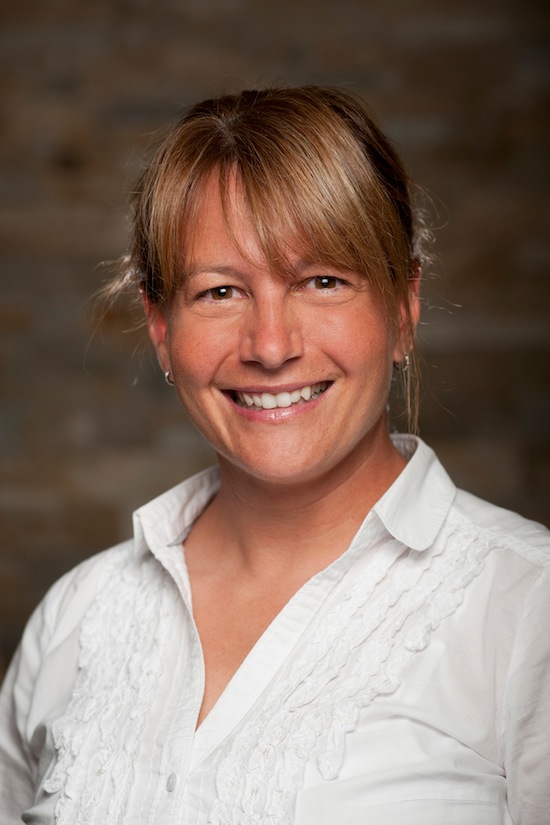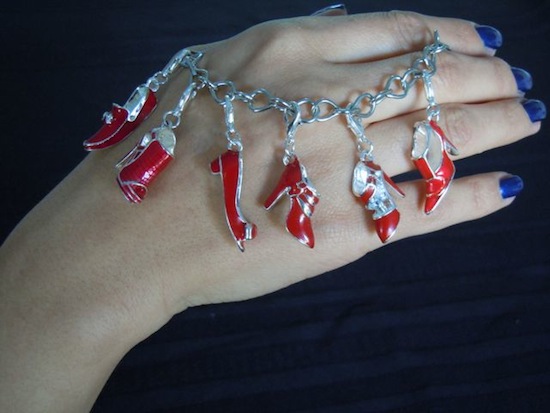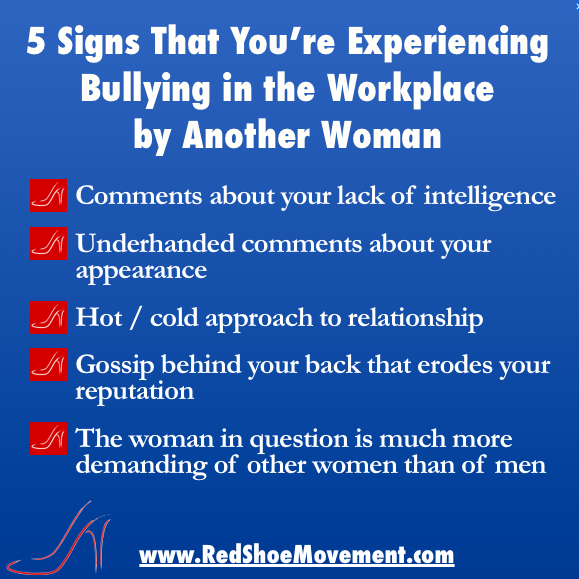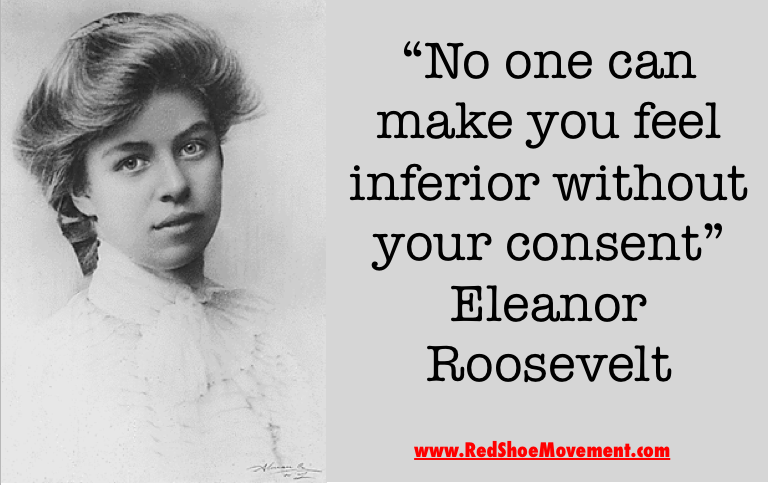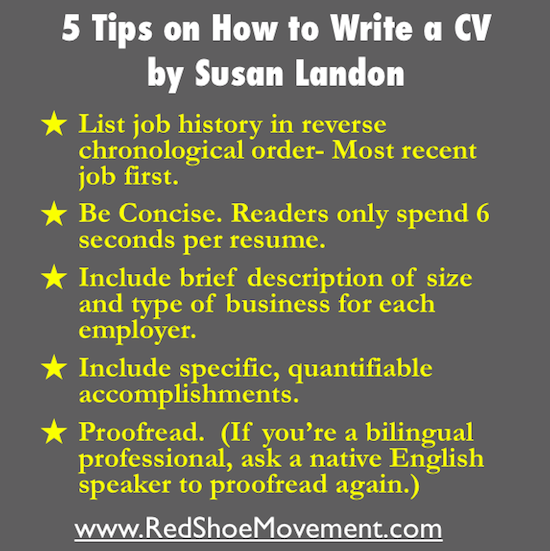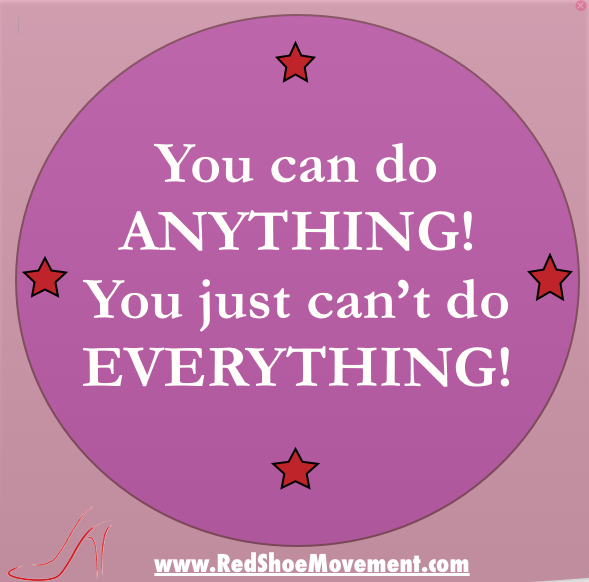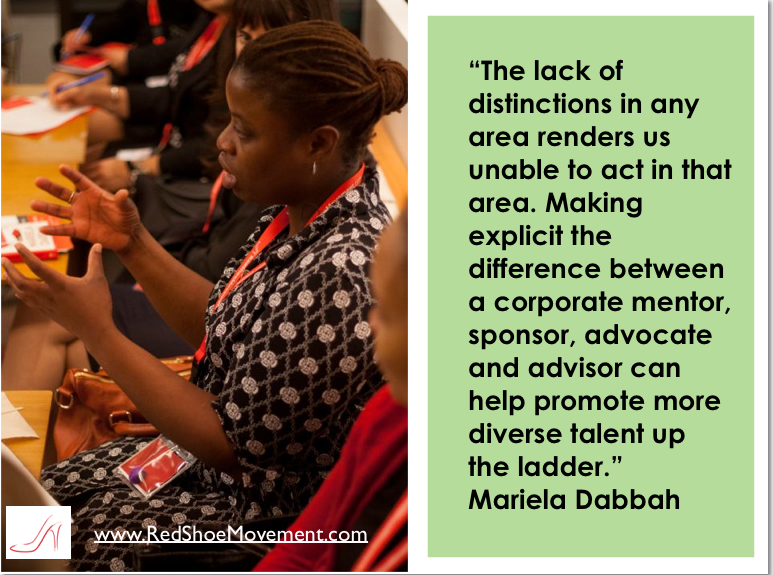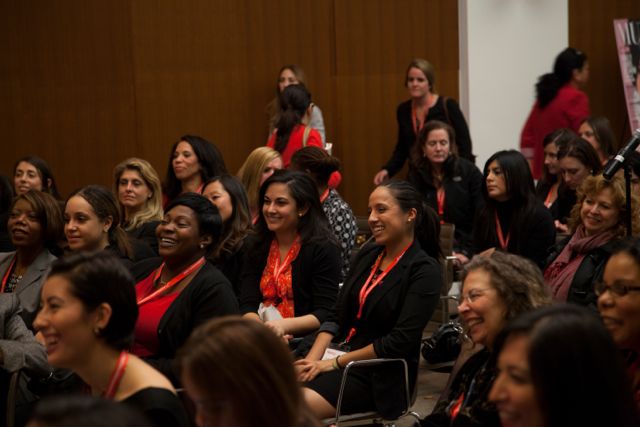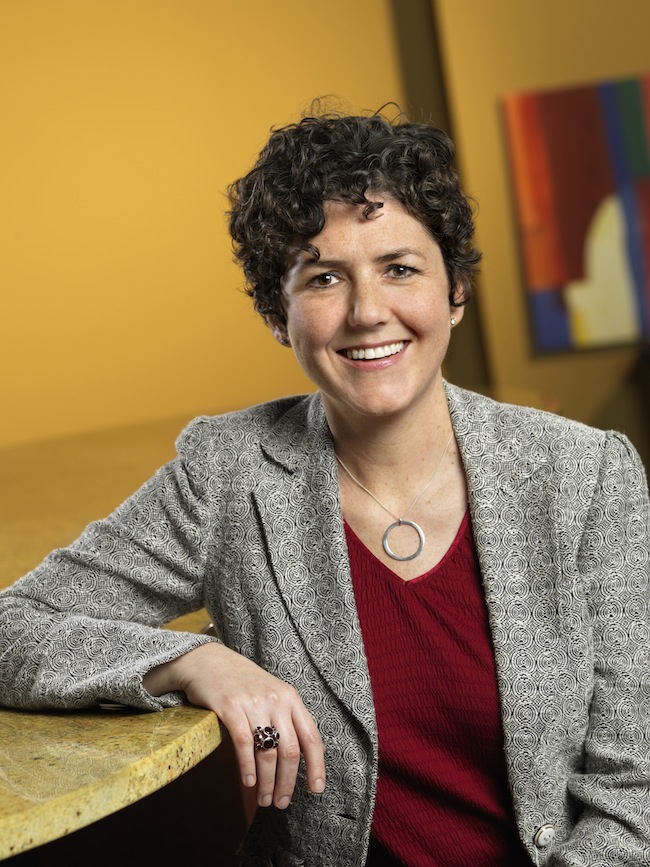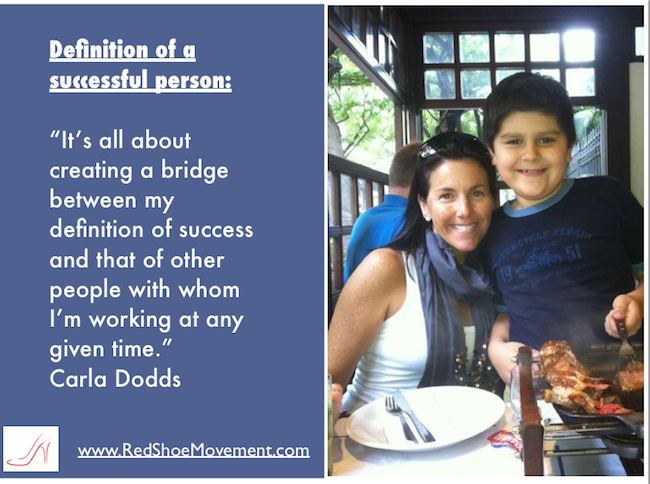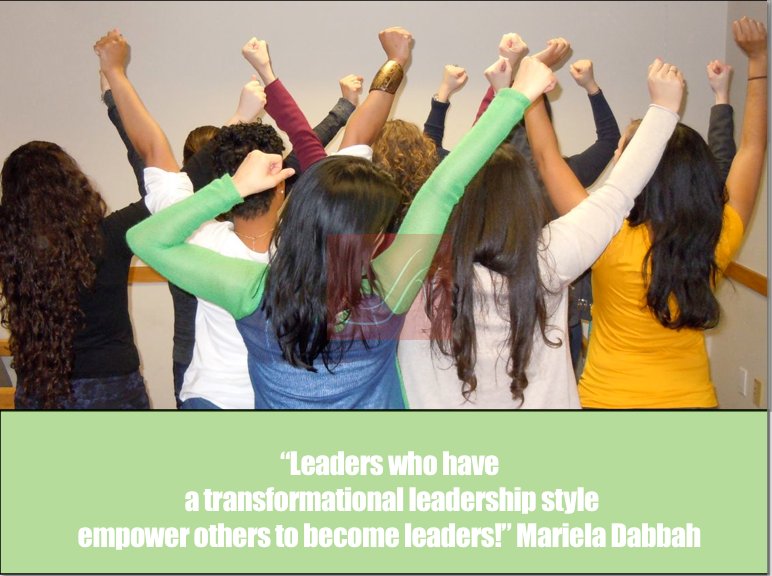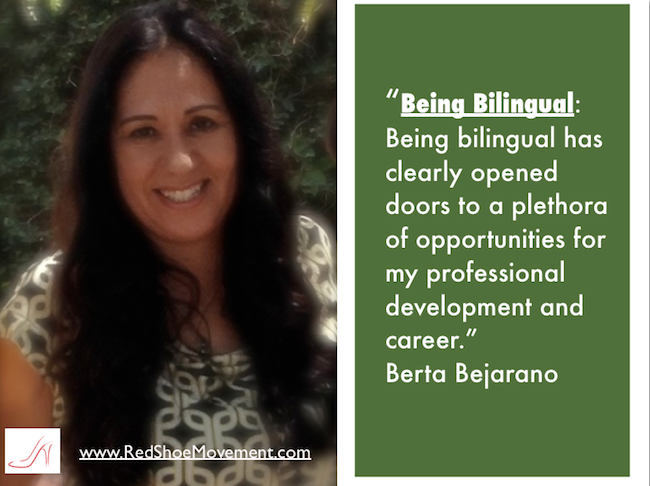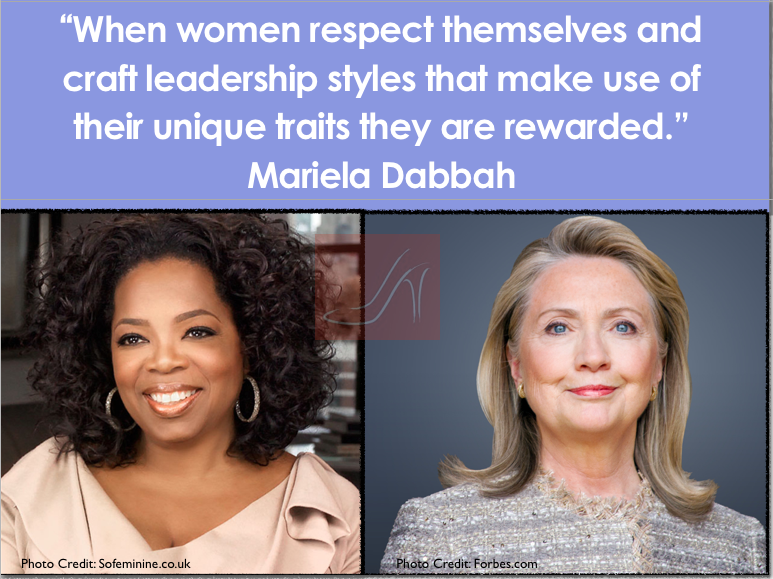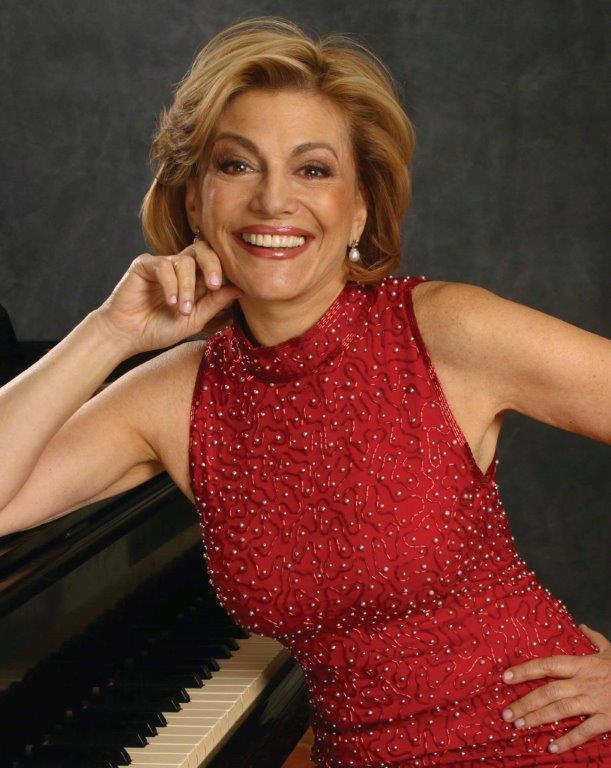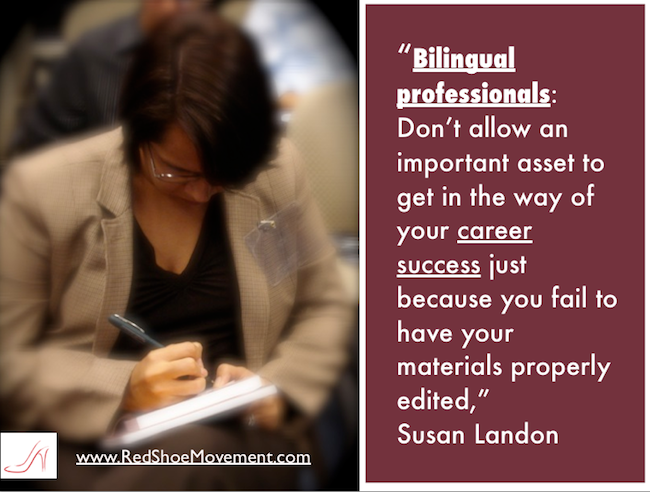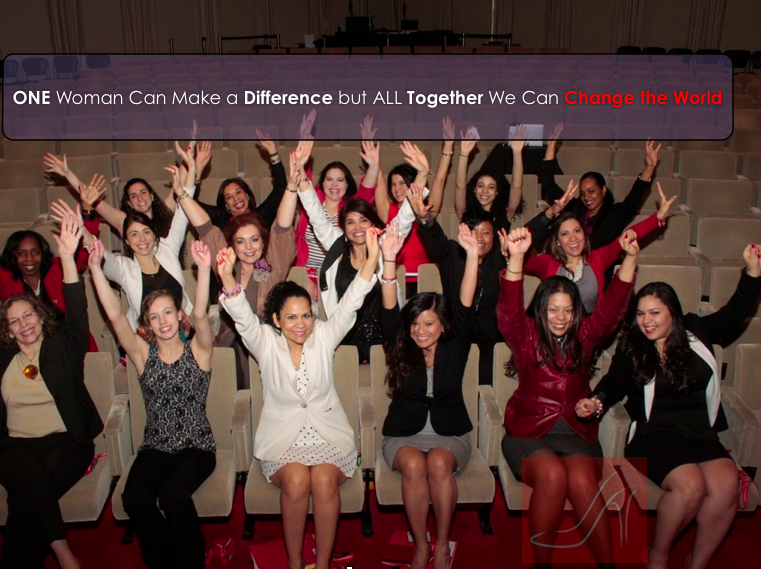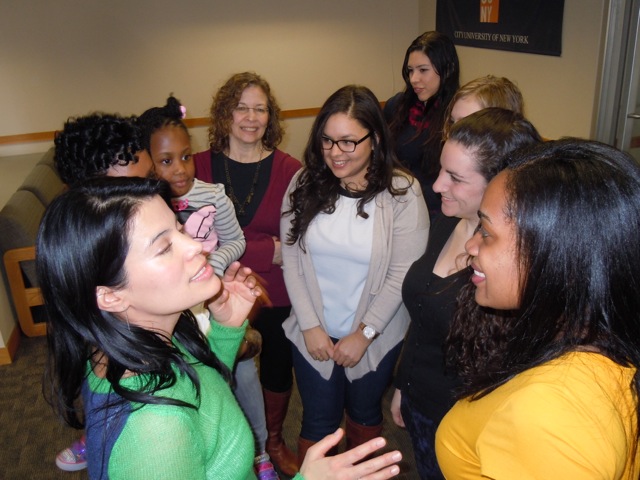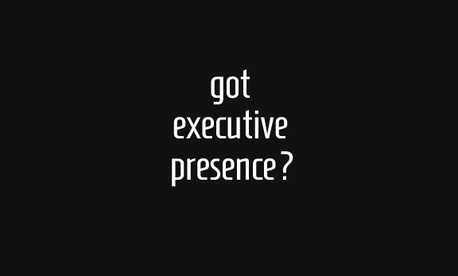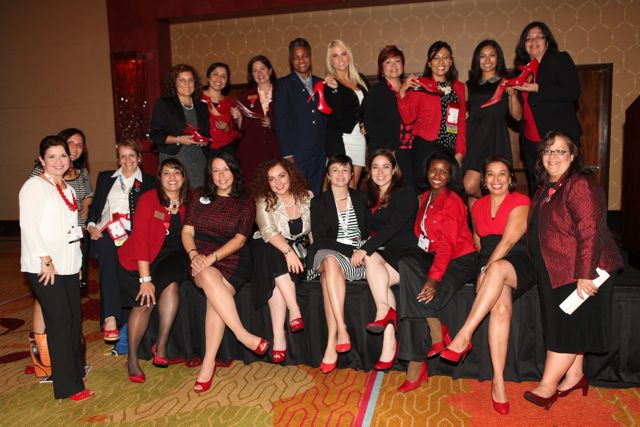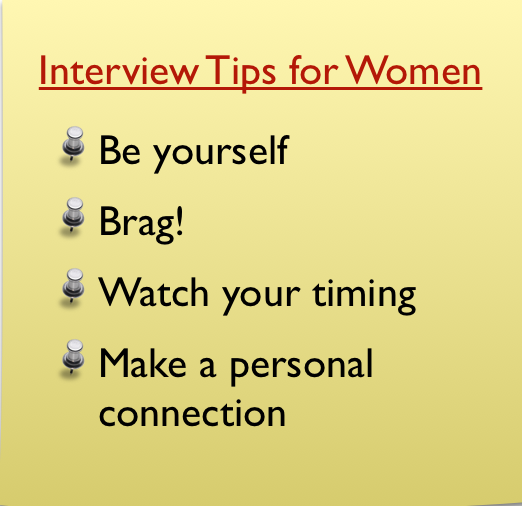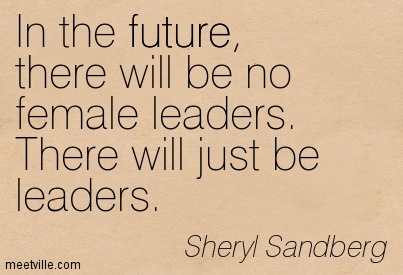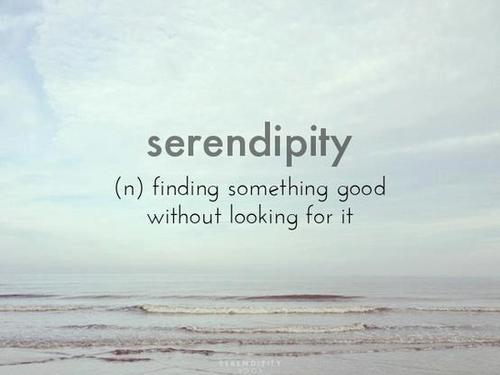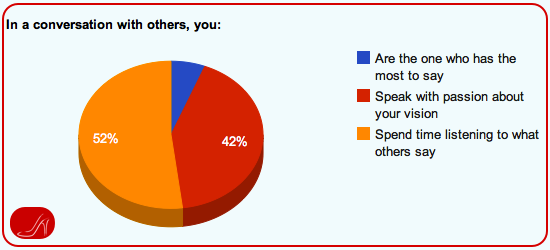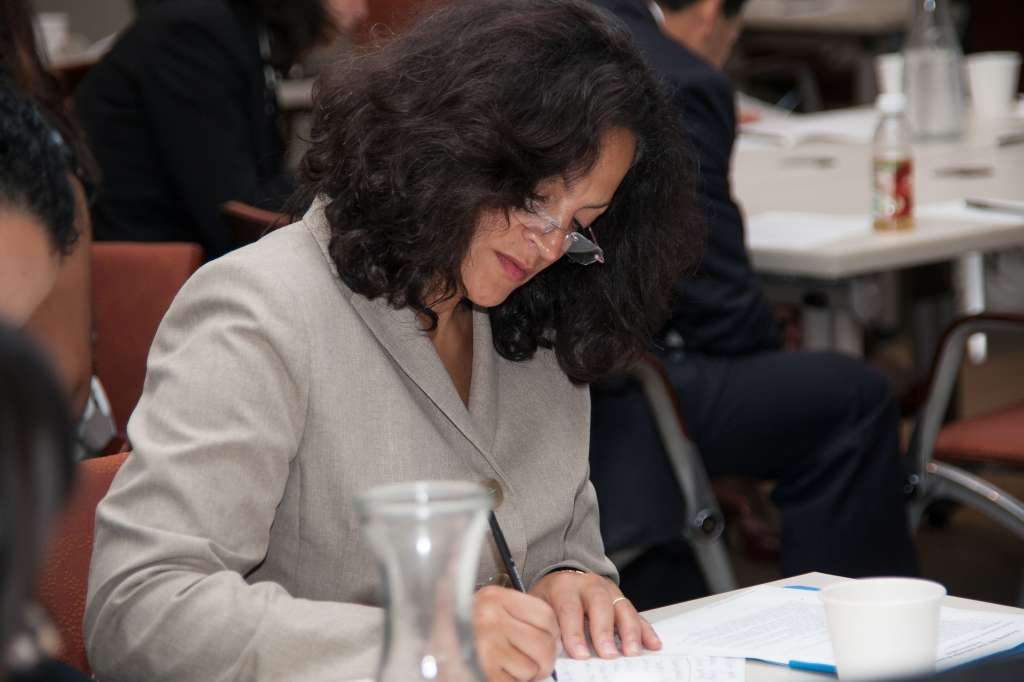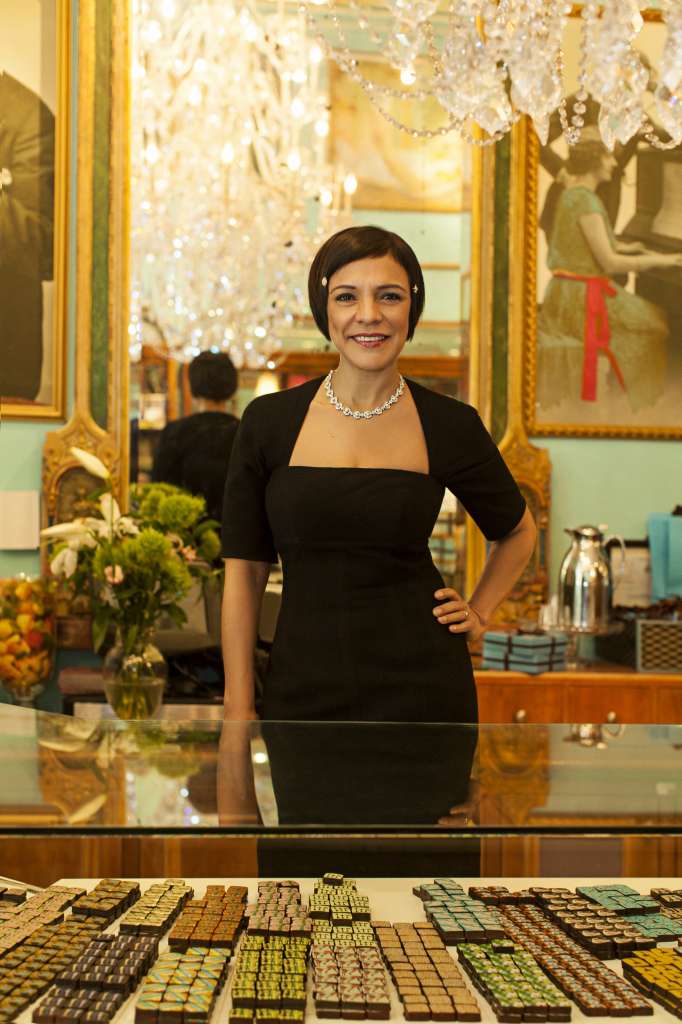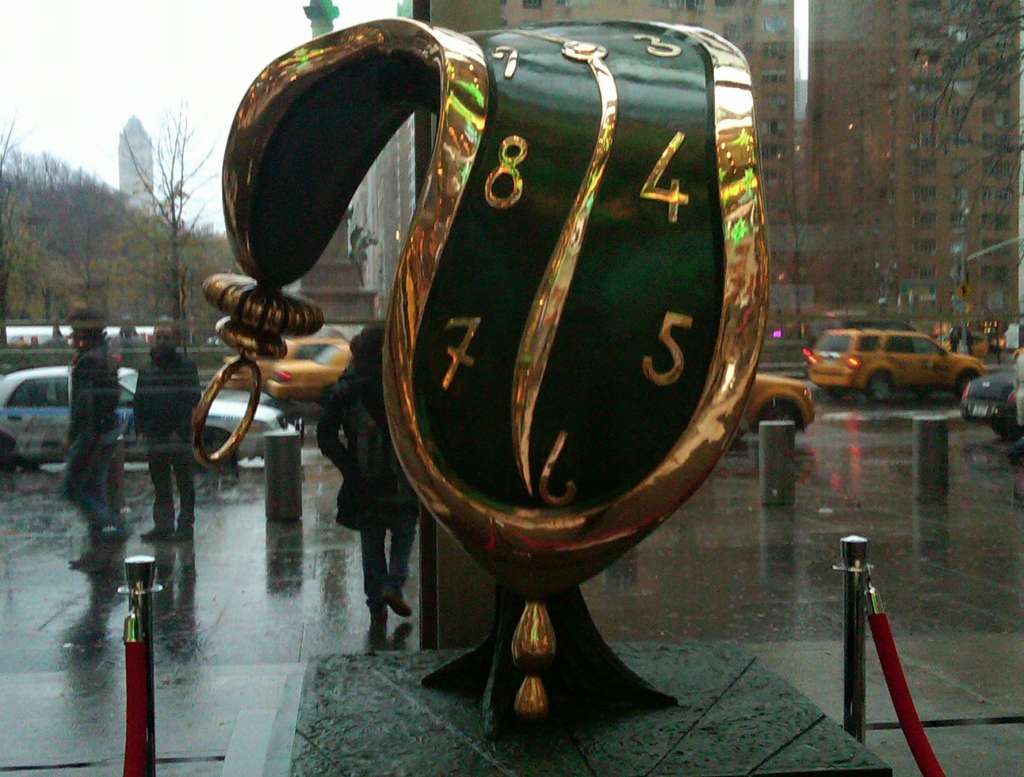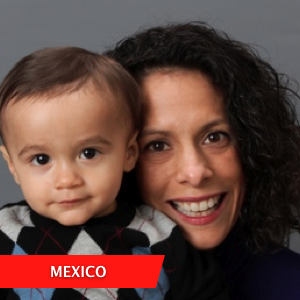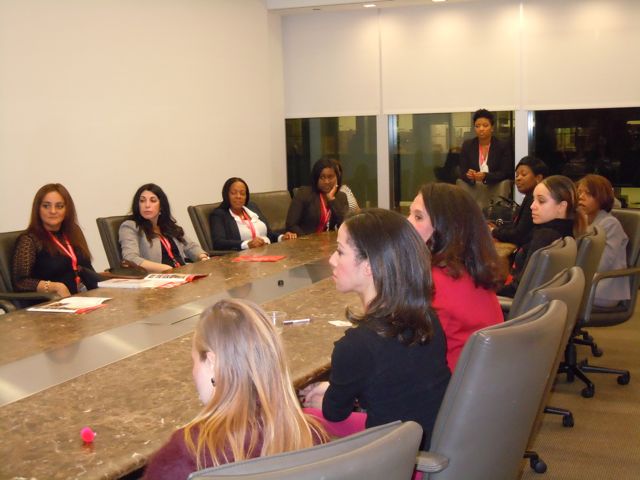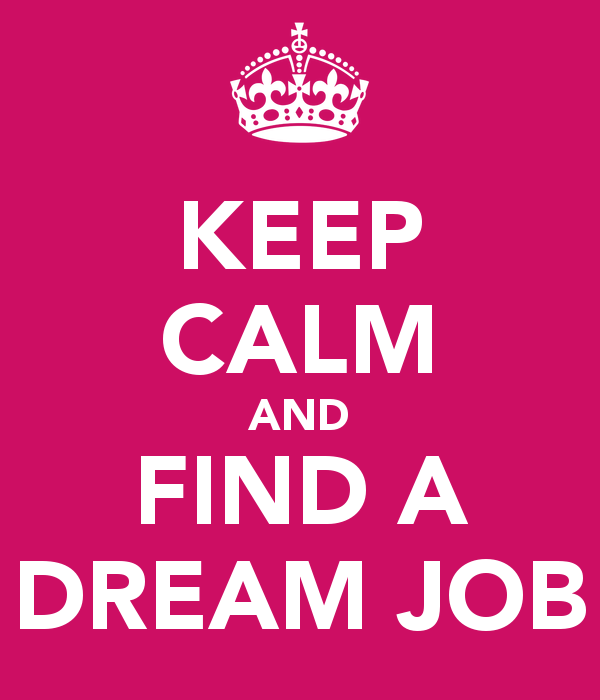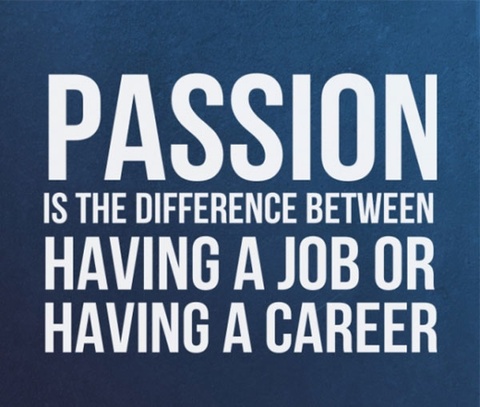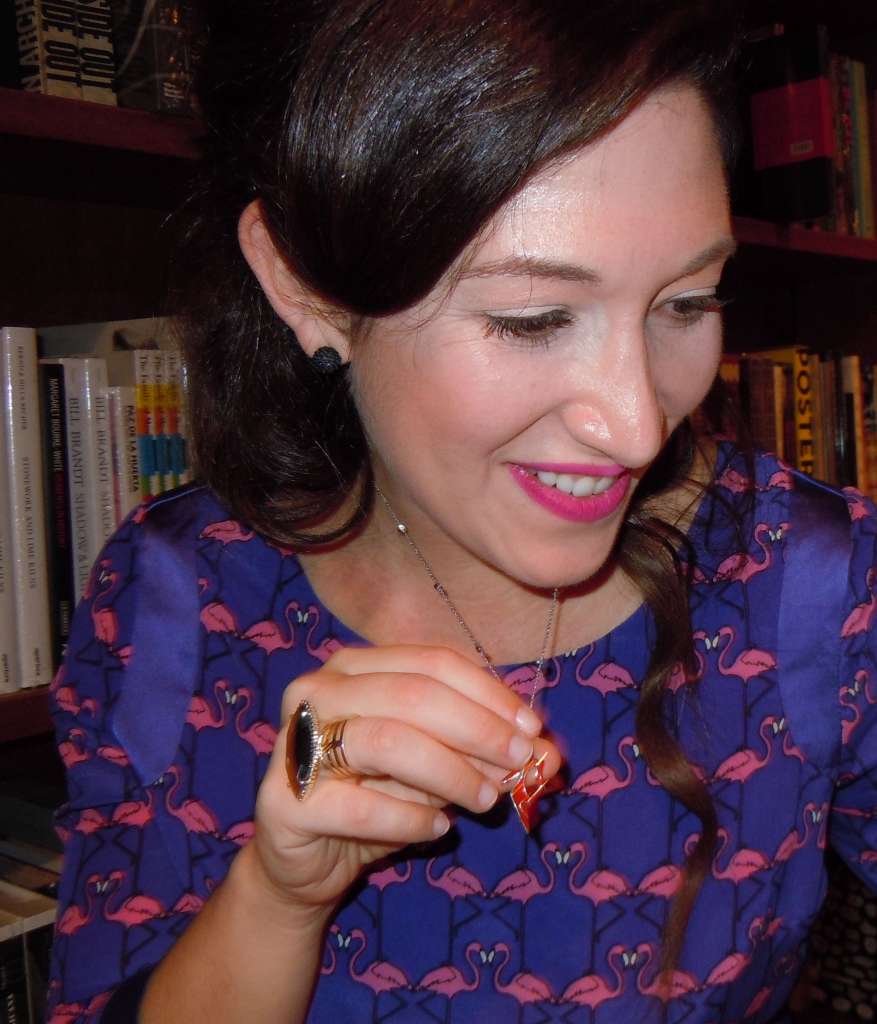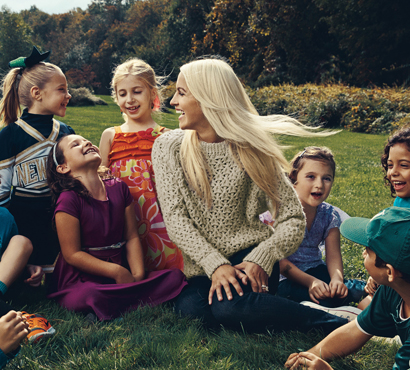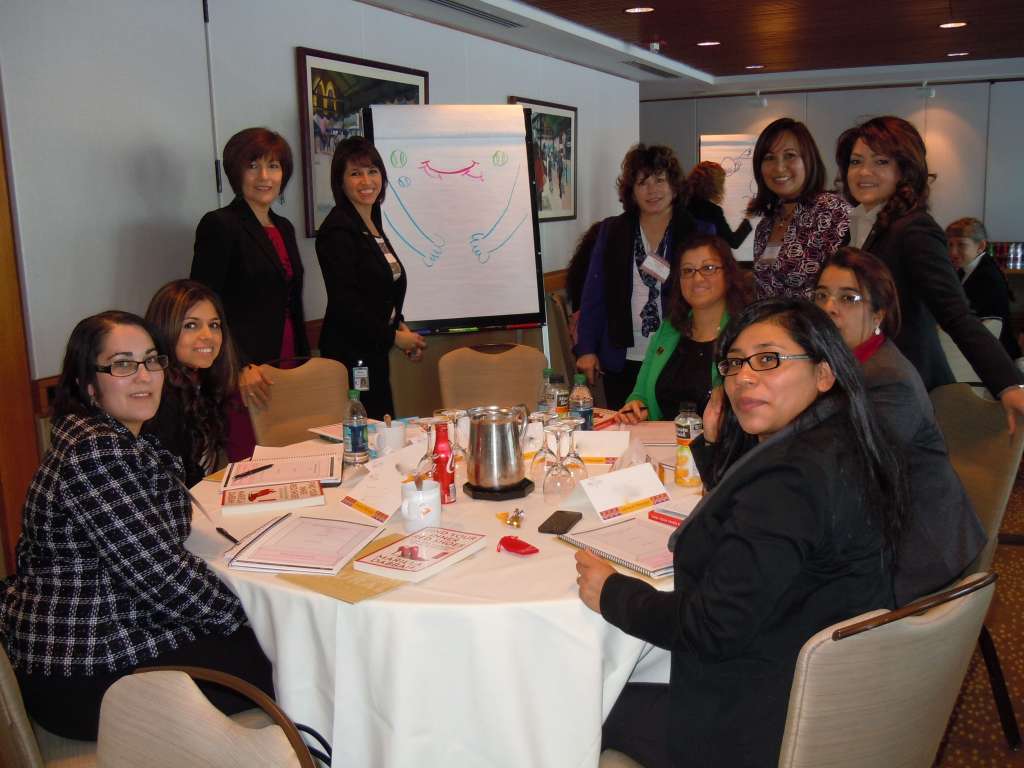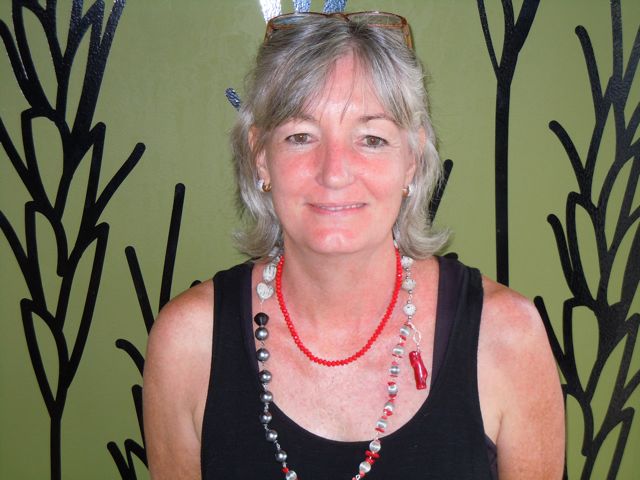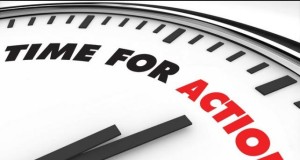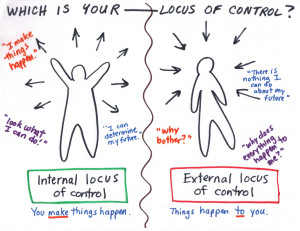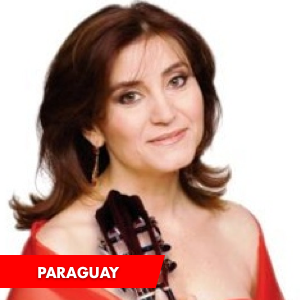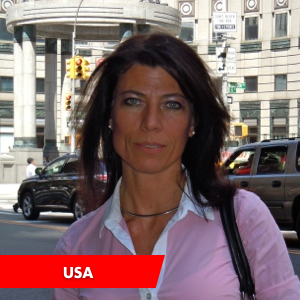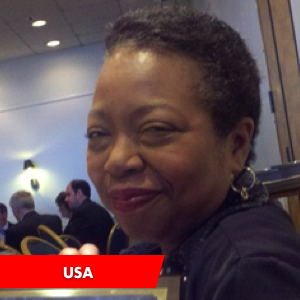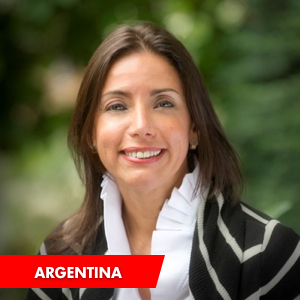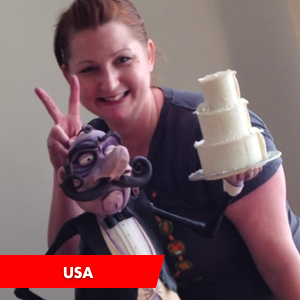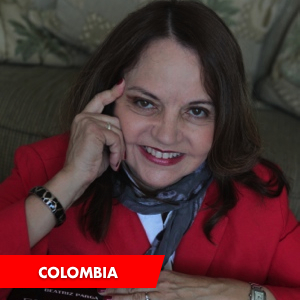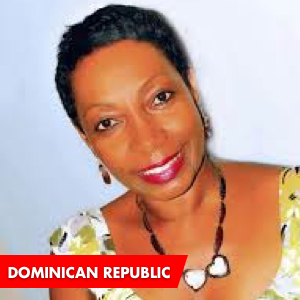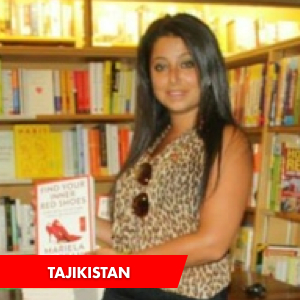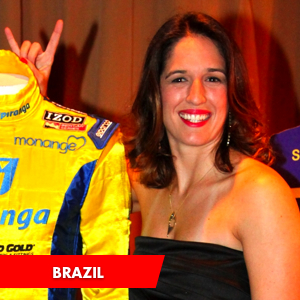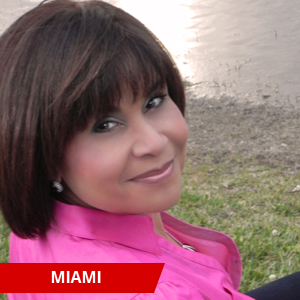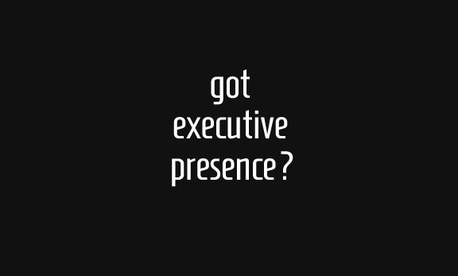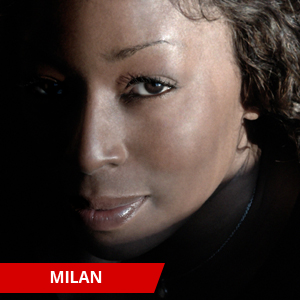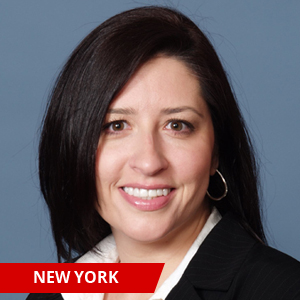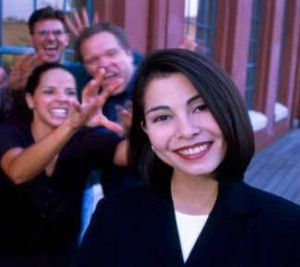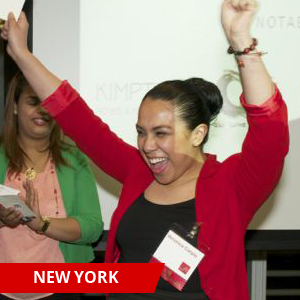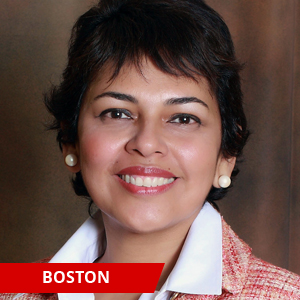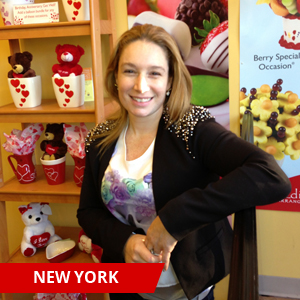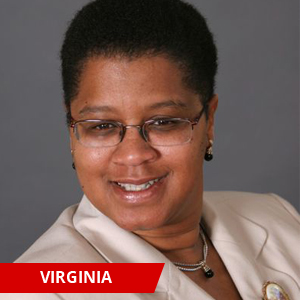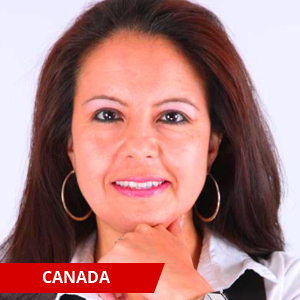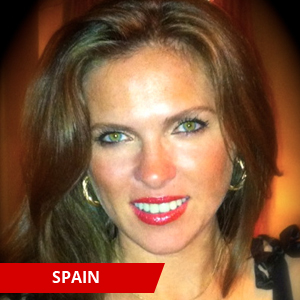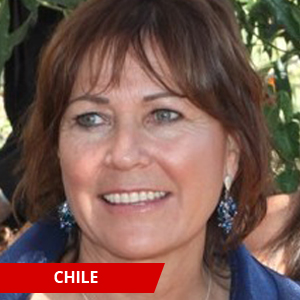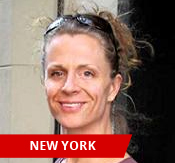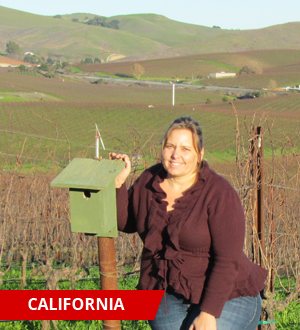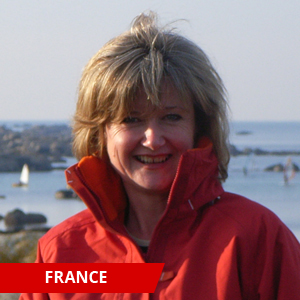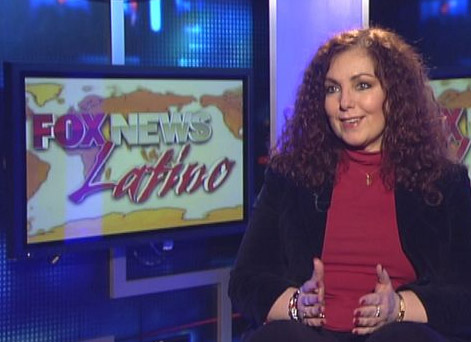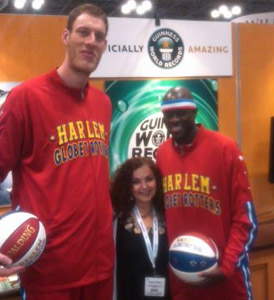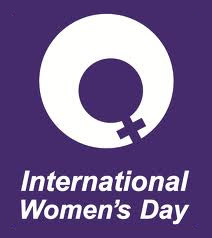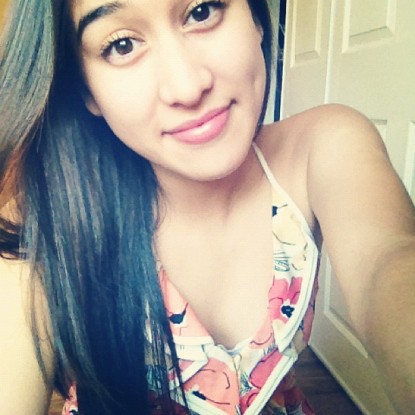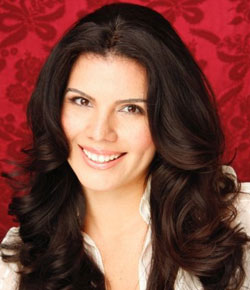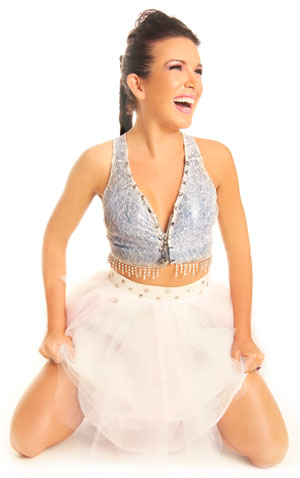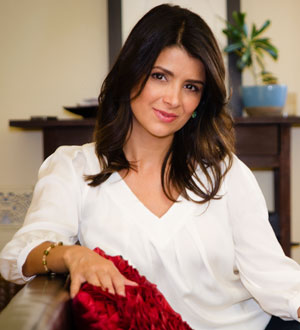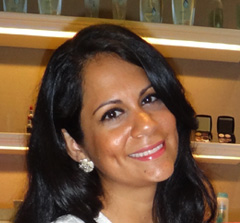Leslie Clark has dedicated her life to safeguarding the wellbeing of women and preserving the cultural heritage of the Tuareg and Wodaabe nomads of the Sahara. She is the founder of the NOMAD Foundation, which aims to improve their lives by focusing on providing these two cultures with six essential needs: water, education, food, work, health, and peace. Her love for the Tuareg and Wodaabe nomads is inspired by both her travels and connection with their people and the significant roles their women keep in their communities. Keep reading to find more about her passion to share their stories and the work she does through the NOMAD Foundation.
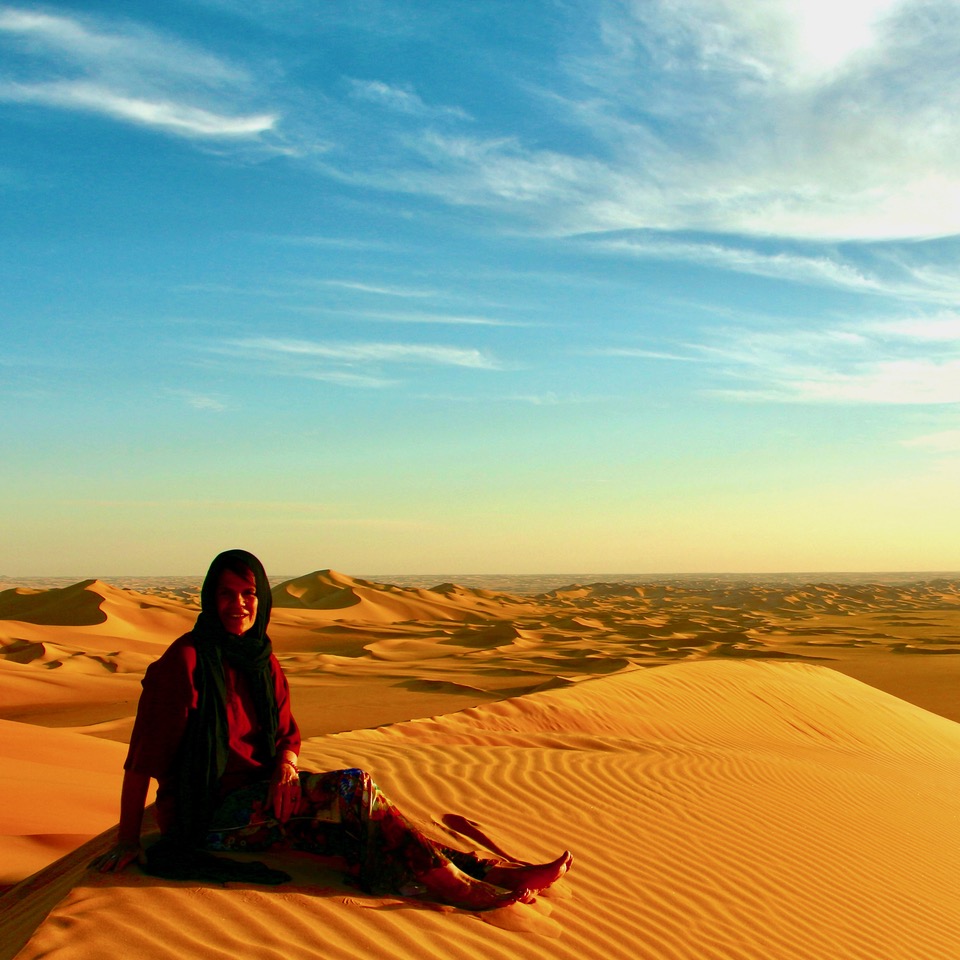
RED SHOE MOVEMENT – Tell us a little about you, your work as an artist, and the role of your travels in your creative process.
LESLIE CLARK – I was studying for my MFA at George Washington University when I moved to the South of France. It was the first time I had spent time out of the US. I was on the street painting a cafe in Saint Paul de Vence when someone asked if I wanted to have a show in Monte Carlo, and I jumped at the chance. When my paintings sold well, the lightbulb went off, and I realized it was what I wanted my life to be: to travel, paint my experiences, and try to tell a little about the people I saw. To figure out how to make money for the next trip by selling paintings. My art tells a story, so I paint people in their environment doing what they do. It is about making connections with people living a different life.
I started in the Mediterranean area, in France, Spain, Greece, and Italy, where the climate and lifestyle are not that different from mine in Southern California. After finishing school on the East Coast, I moved back to California, where I was born, and then began traveling in Latin America. There, I developed an interest in indigenous peoples like the Lacandon, who the Spanish failed to conquer. I had an invitation to do a show in Palenque, in Chiapas, but the Zapatista uprising made it a dangerous trip. With money and time saved, I chose West Africa in search of indigenous cultures with a long tradition.
RSM – When did you first travel to Niger? What experiences would you say defined what is now your life’s work?
LC – I managed to get to Niger on my second trip to Africa, in 1994. On my first trip, I blundered with a tribal war and my journal, and sketches were stolen. I wanted more of Africa and threw myself into learning about the cultures of West Africa when I got home. I read and watched everything I could, and Nomads of Niger by Carol Beckwith made me determined to get to the Wodaabe and the Tuareg. I tracked down Irma Turtle, who did tours but could not go back because the Tuareg rebellion made it dangerous. She said, “If tribal people are what you are interested in, come to Ethiopia with me.” So, I did. We instantly realized how much we had in common and became friends. At the end of the trip, she invited me on a reconnaissance trip to see if Niger was safe for tours again. She knew Carol Beckwith’s guide and she could get us to the Wodaabe.
There are no roads to nomad camps, you just have to explore until you find one. When Garba, our guide, pointed out a Wodaabe camp we both shouted, “Stop!”
Four women and their children welcomed us, swept the dirt, and laid out mats for us. Many had never seen white people and were chattering excitedly and laughing. Then, a tall man dressed in billowing robes and an impeccable white turban strode into camp and they went quiet. His name was Peroji, he was married to the four women who sat around us. I fell in love with them all and went back year after year, painting them, migrating with them, and learning their language. They adopted me into their family.
The following year I got permission to go into the north, where all the festivals were held. I was dying to see them. Traveling through the desert, I had a dramatic encounter with Mano Dyak, the leader of the Tuareg rebellion and founder of the main travel agency in Niger. He invited me to stay and travel with him and his rebels for three weeks that became four. During these weeks I fell in love again, this time with the desert: a landscape so powerful and enormous it became my sacred place. Mano wanted me to tell the world that they were fighting for the survival of their culture, and I said I would try. This promise would color the rest of my life.
Greether, An International Sorority Project
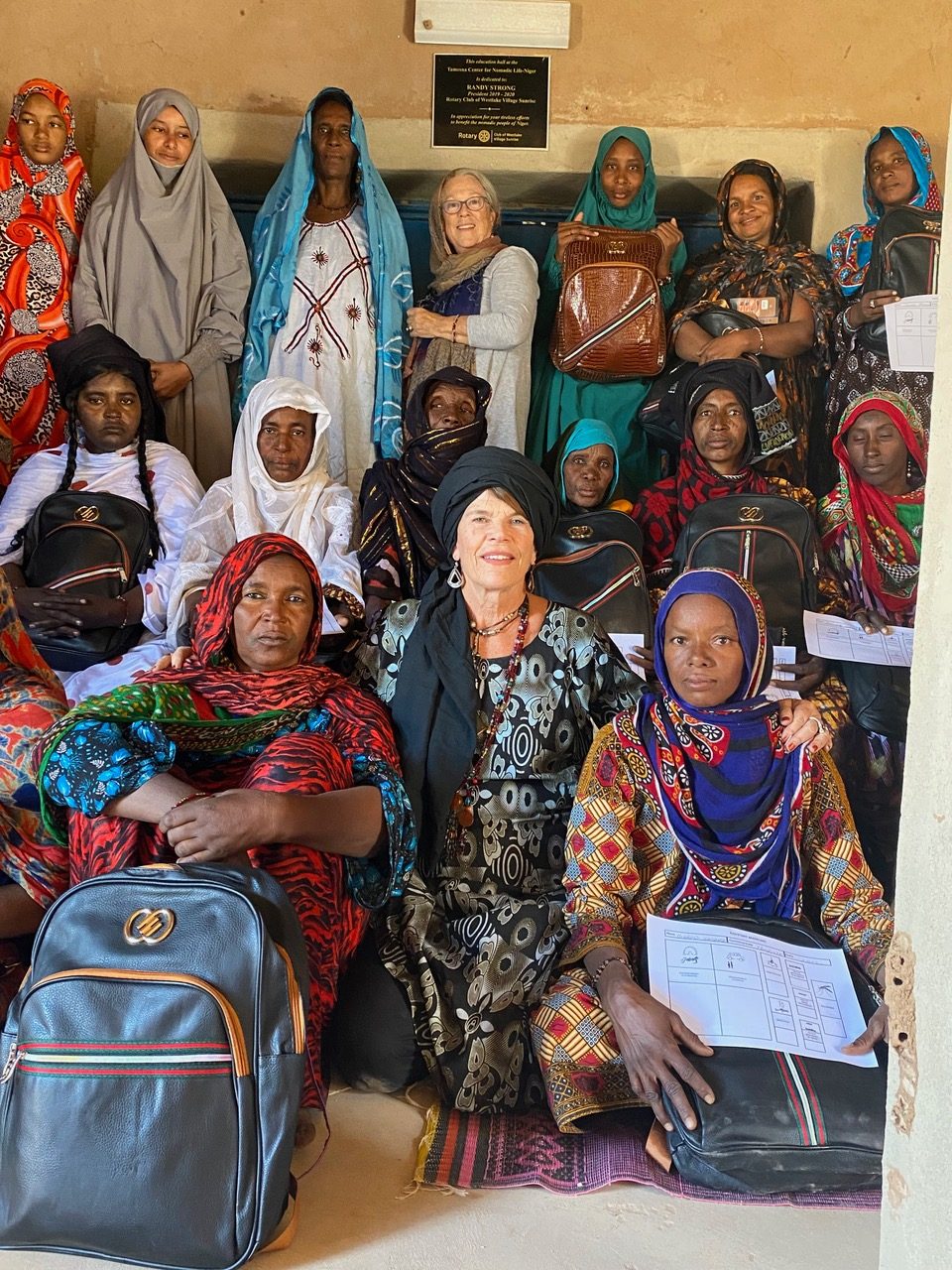
Wellbeing for Women and the Challenges They Face
RSM – Can you tell us more about Tuareg and Wodaabe nomads? What are some of the challenges women are facing?
LC – The Wodaabe are cattle-herding nomads in the Sahel, the border of the Sahara Desert. The Tuareg, also known as the “blue men of the Desert” are camel herders, caravanners, and masters of the Sahara. One of the reasons I was so attracted to these two cultures was that women hold important roles. The main festival of the Wodaabe is the Gerewol, a beauty contest where men compete and women judge. The Tuareg, on the other hand, are a matrilineal culture. Women play an essential role in both groups because men are often gone to tend to their herds or do business at the market. For the Tuareg, shopping for groceries means a caravan across the desert to get salt and dates and transport them back to the agricultural lands to trade for millet. This can take up to six months. While the men are gone, the women are left alone to run the show. A nomadic economy cannot survive without the contribution of women and the challenges are considerable: they live in the poorest country in the world, one of the worst places to be a mother and child, and have one of the highest maternal mortality rates in the world.
RSM – Tell us a little about what inspired you to create the NOMAD Foundation.
LC – I had no idea how poor Peroji’s family was, but they had been so generous to me. They always welcomed me into their camp. I started leading tourist groups for Irma’s agency and Peroji would accompany me to help me find festivals. I decided I wanted to repay him and his family in some way, so I bought them a cow. When I went back the next year, Peroji’s uncle told me that the cow had allowed Peroji to remain nomadic and not move into the city. Animal husbandry was a major component of the economy of Niger. The money I spent on the cow was a lot for me at the time, but it didn’t change my life like it changed his. I knew I wouldn’t help many people with my own money, so I decided I needed to ask for help and thus, the NOMAD Foundation was born.
RSM – What are the six essential needs the NOMAD Foundation focuses on and how have they implemented them? What else do you think should be done for women in these communities?
LC – We have focused on water, education, food, work, health, and peace.
- Water: Dug 40 wells.
- Education: Built six schools and backed 18 others, educating over 6,000 nomadic children. Built the Tamesna Education Center for Adults and the Tamesna Boarding School for Children.
- Food: Provided food to those affected by famine, floods and armed insurgencies and have funded six gardens cultivating medicinal plants against malaria. Created 26 cereal banks and 20 animal fodder banks.
- Work: Provided training in construction, including solar panels and systems for schools, and motorcycle repair. Over 1,000 animals purchased for women. 17 cooperatives in textile embroidery and leatherworking for women and support for Tuareg jewelers. Training and sewing machines provided for a dozen women.
- Health: Built the Tamesna clinic for nomads on their migration route, which has served over 10,000 to date. Our most extensive program has trained 80 traditional birth attendants and 12 women who can prepare others. These women, called matrones, serve an area the size of West Virginia.
- Peace:Funded 97 microcredit loans to allow young men to remain nomadic and stay home instead of migrating to find work and often being recruited into terrorism.
Women could be helped by expanding the traditional birth attendant (matrone) training and providing general health education for them to have better care available, as well as delivering supplies. This would not only improve maternal and infant mortality but empower the women as well.
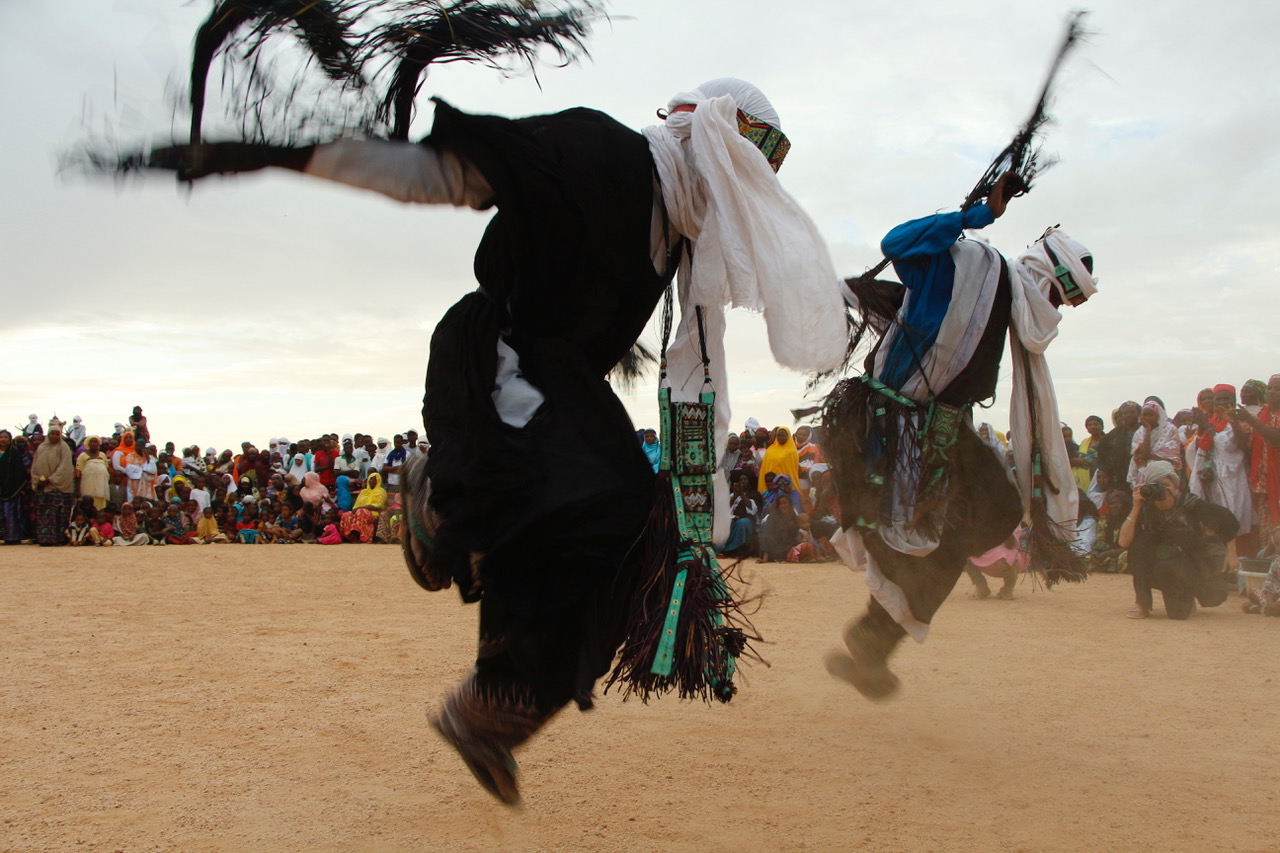
Maintaining a Cultural Heritage
RSM – How do you maintain the pride in nomadic Nigerien cultural heritage while finding ways to adapt to a fast-changing world? What roles do women play in these old and new dynamics?
LC – The NOMAD Foundation’s “Seeks to balance cultural tradition with economic opportunity.” We have helped sustain traditional crafts by buying supplies or facilitating training, starting cooperatives, and supporting and creating nomadic festivals which is how traditional values are disseminated. When they decided to start riding motorcycles instead of camels, we taught them how to repair them. Our students started small businesses and still support themselves and provide this service. They still own camels for milk, meat, caravans, and trading, but motorcycles are faster for transportation. The point is to work together and never assume that we in the Western world know best. We have just gotten funding for a portable satellite modem which will supply our Tamesna Center for Nomadic Life with internet. Communication has always been difficult because this center, built on the nomads’ annual migration route, has very limited cell service and no internet. Nomads have always known the value of communication, that’s why you can never pass someone when traveling through the desert without stopping to exchange news. Cell phones, even with the limited service (they always know where to find the best signal) have greatly enhanced their ability to communicate. This satellite internet service will allow us to keep training matrones on ZOOM, even if we can’t go in person, and let nomads connect, communicate, and learn from the internet.
Women are the ones who raise and educate the young children and they are the focal point of festivals for the Tuareg. The women play drums, which dictate the pace of the camels running around them while they sing and make up stories about what is going on with their lives and culture. The men are often away to support the family while the women are left with the children and extended family to manage the herds, run the household, move when the herds need pasture, and make all the important decisions.
How Culture Impacts Business in a Diverse World
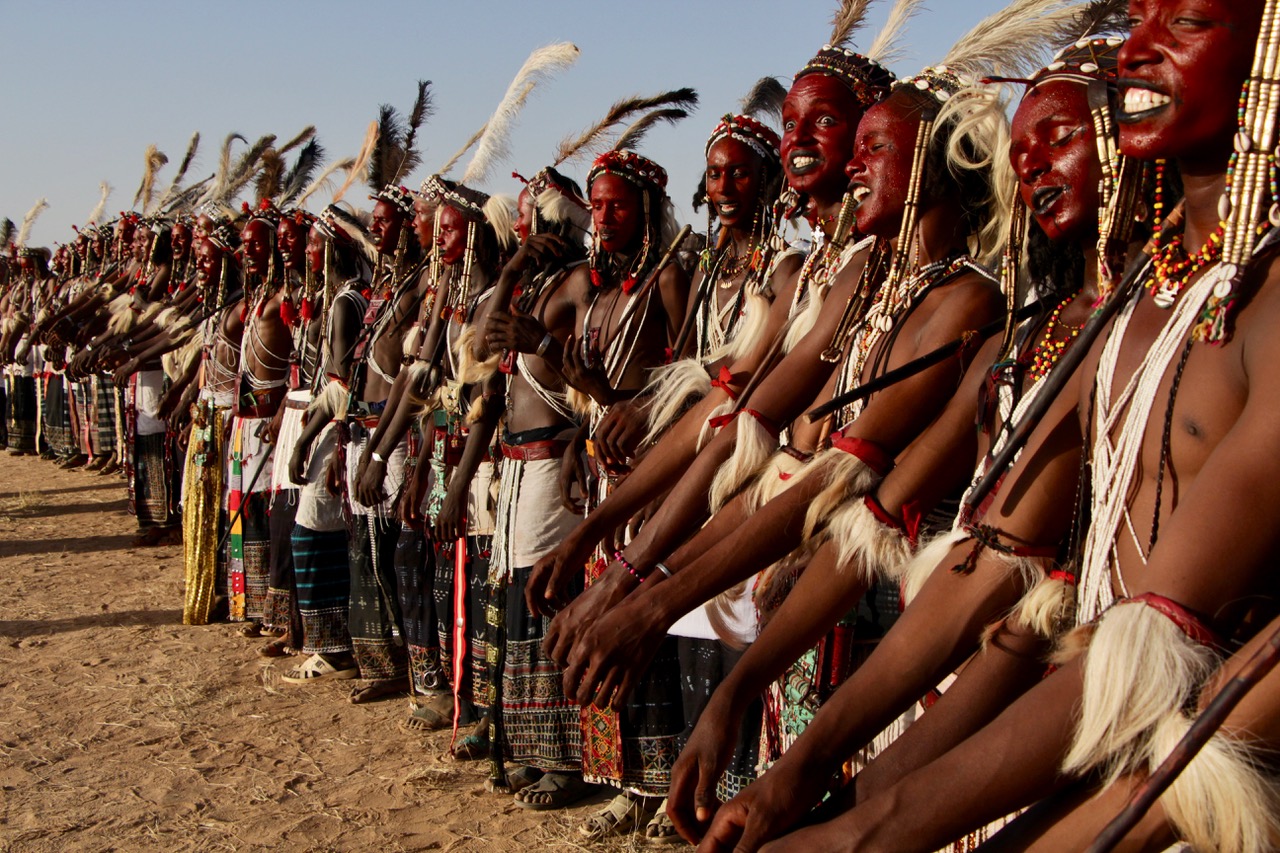
RSM – What lessons can the “outside world” learn from the Tuareg and Wodaabe nomads?
LC – So many things! No one can accuse a nomad of contributing to global warming. They live in one of the earth’s harshest environments, yet they produce healthy human food on what others consider to be useless ground. They graze an area and move on, let it recover and come back the next year. They are not obsessed with leaving an imprint on the land they occupy. They build no houses or shopping malls.
I was once making a film about them with a talented cameraman who wanted to come to Niger with me. We planned to film a scene at the market, a three-hour drive from their camp, and invited the Wodaabe stars so we could film them selling their goat and making purchases. It was a monumental task, but we made it and when the hour arrived, I could not find Peroji. I was furious. When the sun was setting and the filming was done, he showed up and explained he couldn’t miss an opportunity to socialize and drink tea with friends at the market. He often told me to be patient, (wat munyal). Patience is one of the most cherished Wodaabe virtues. He said only children get angry and it never benefits anything. Of course, he was right.
But the most important lesson is to keep my mind open, not to assume based on my personal experience, and never to judge a culture because of one individual’s behavior.
RSM – In what ways has your work with the NOMAD Foundation enriched your world?
LC – Working with these people who have become like family to me has been the most fulfilling thing I have ever done. I try to tell some of their story through my paintings and I’ve written a book (Nomad Gal) to share more of it. Most people think I am crazy for doing what I do. I know my own privilege, so it’s important for me to bring those opportunities to others. This seemed like a good start.































































